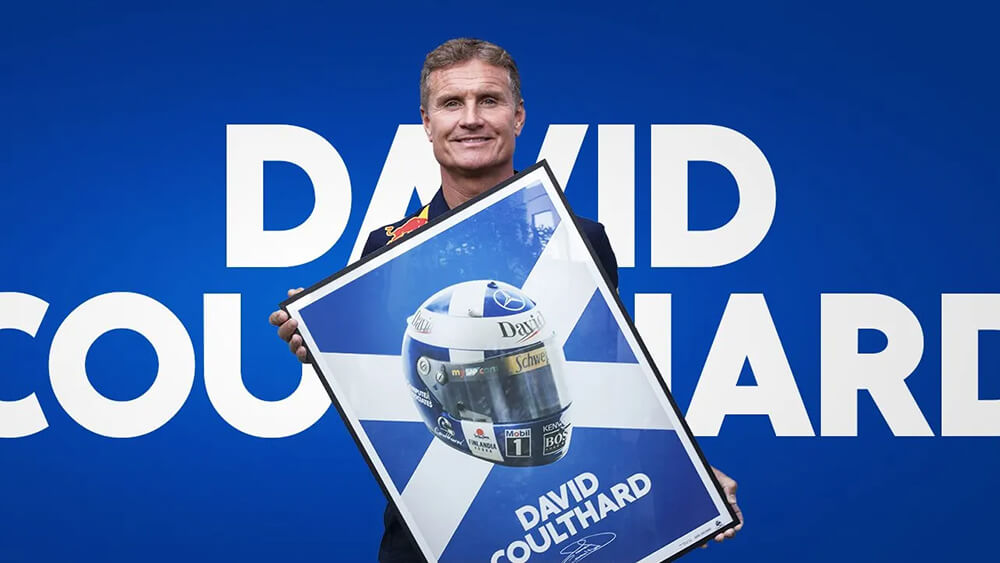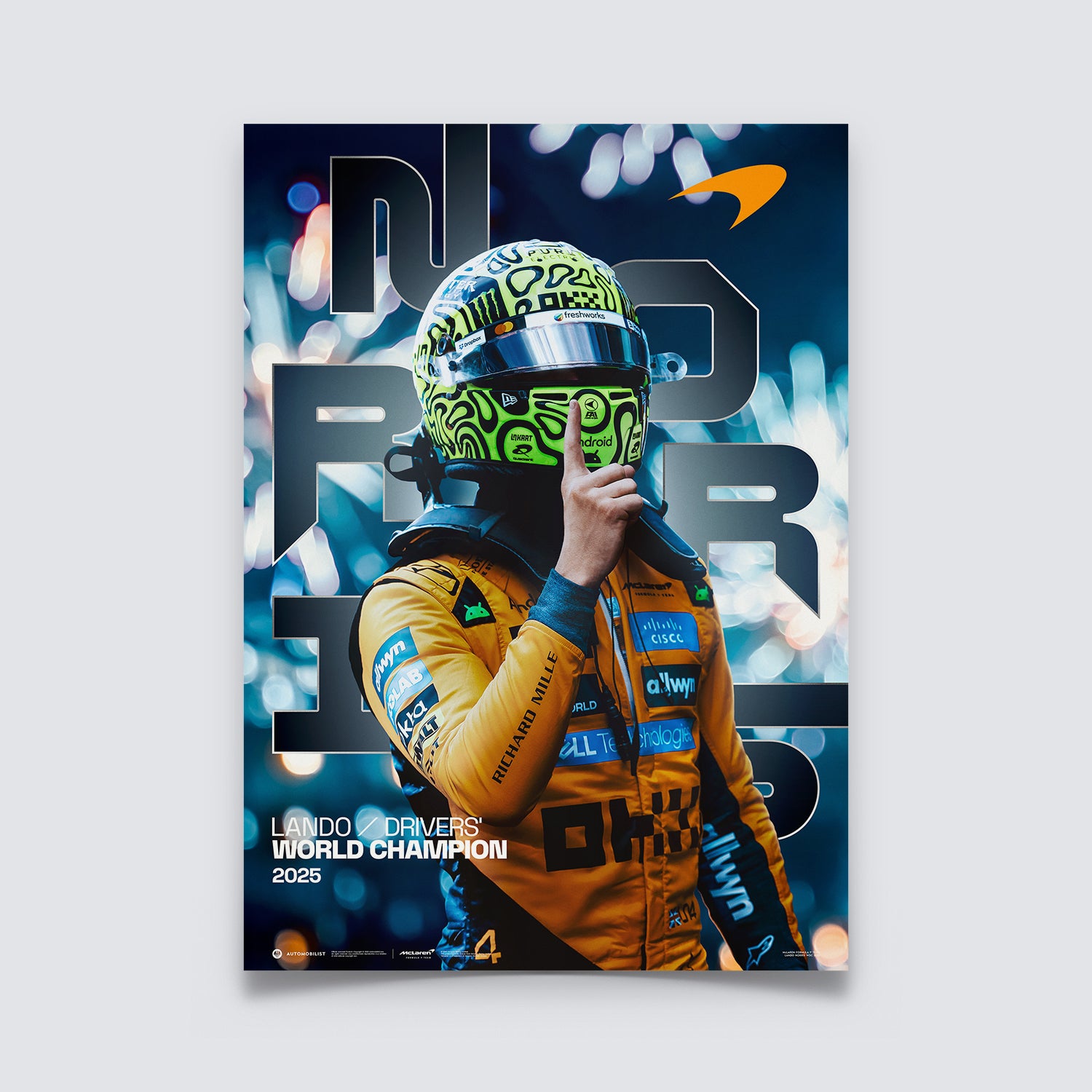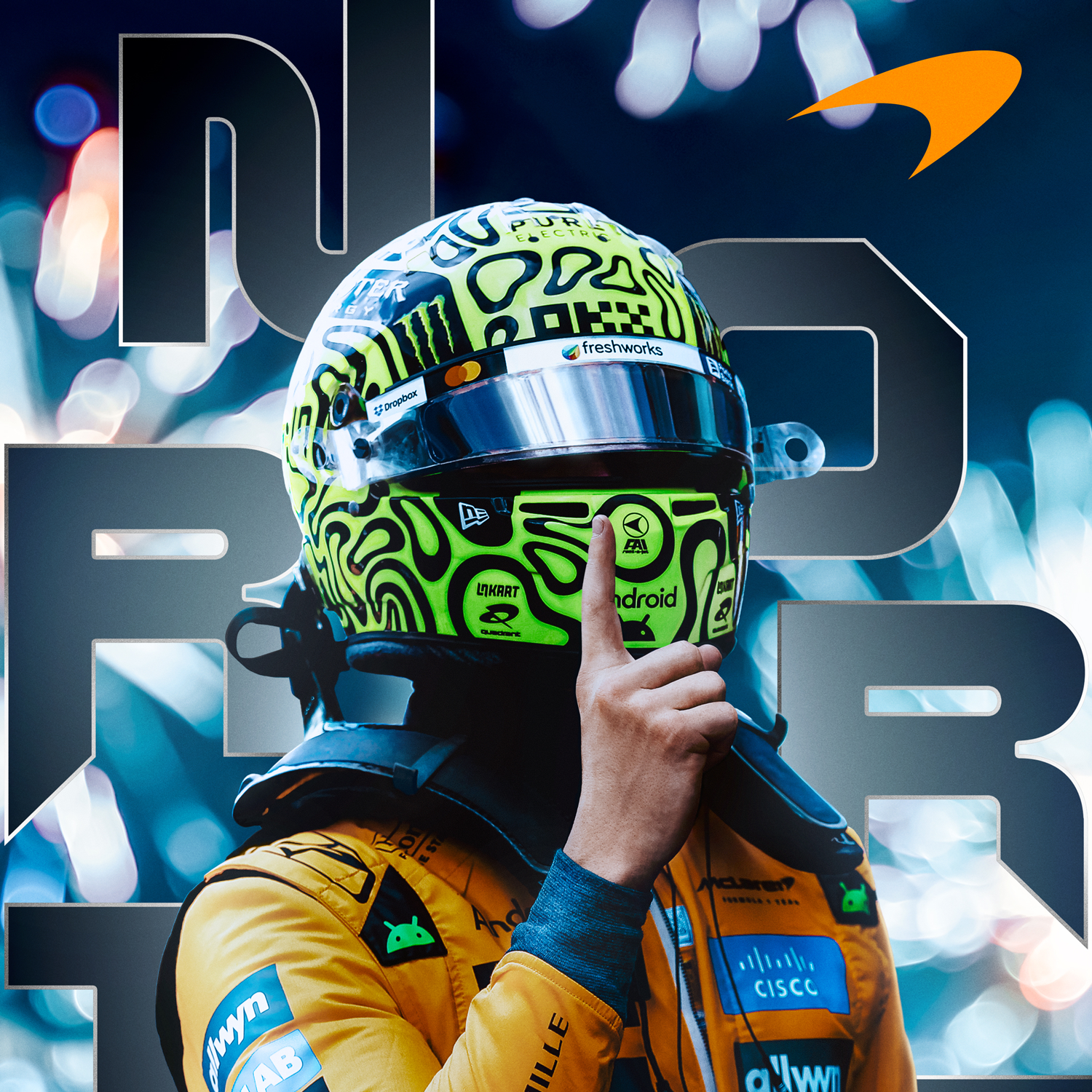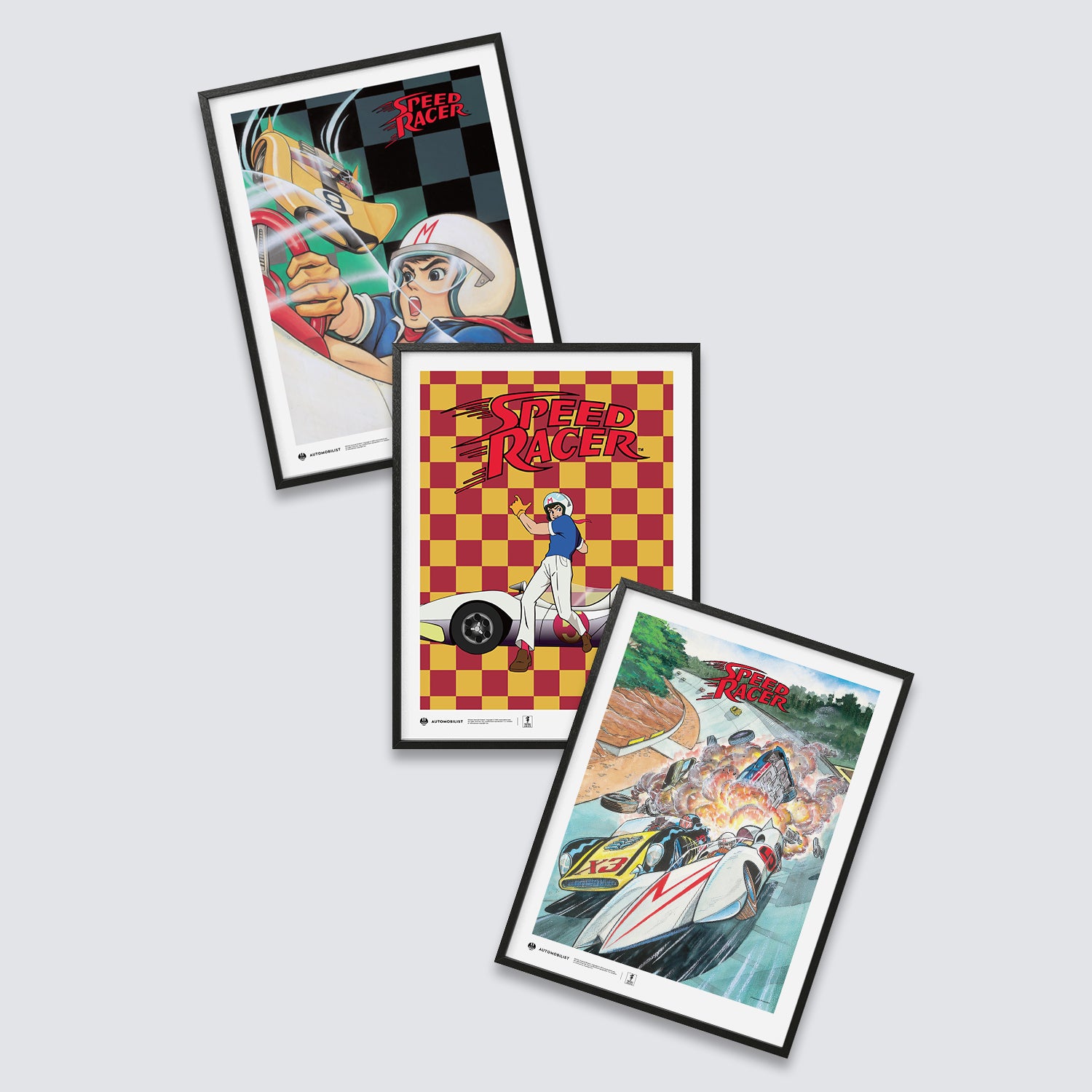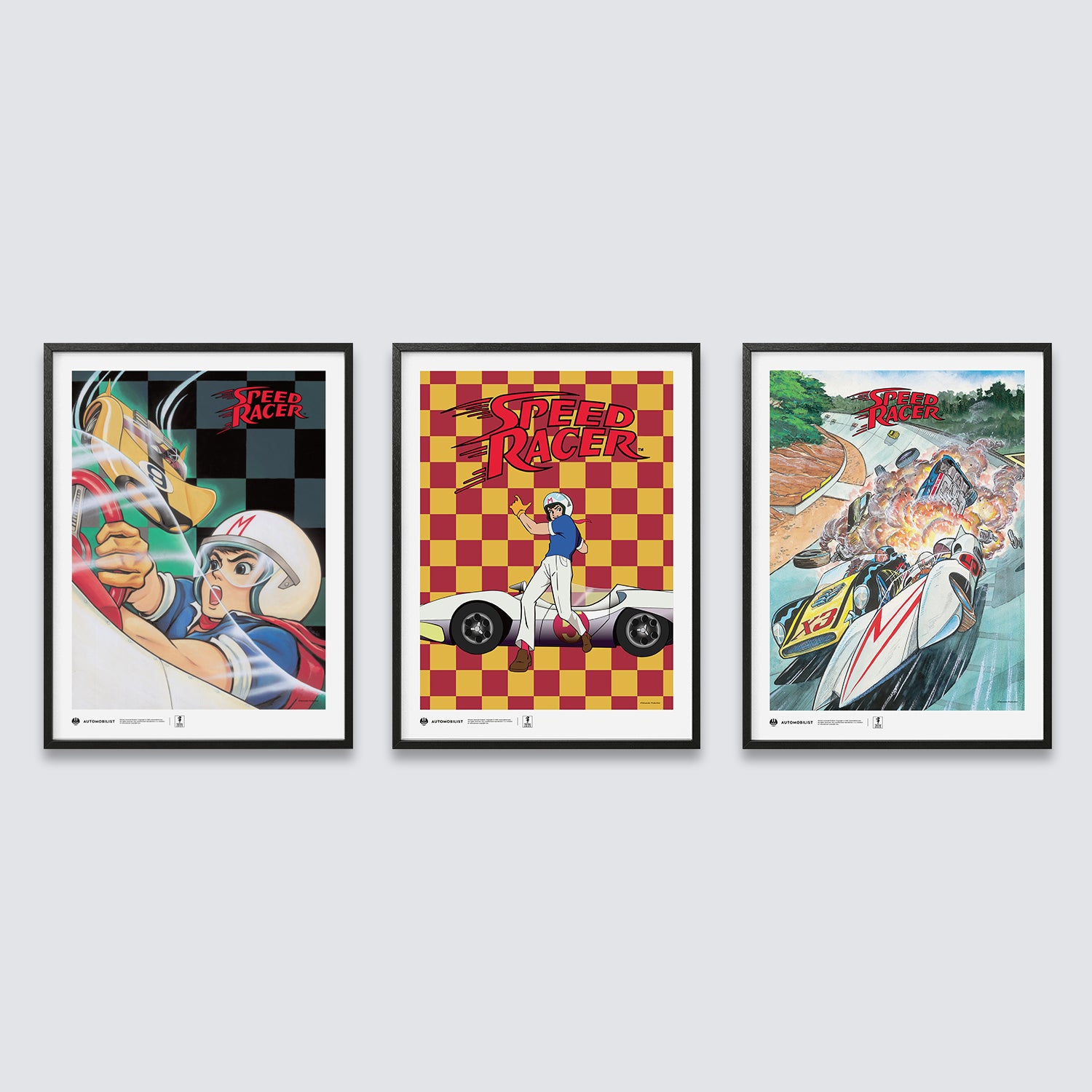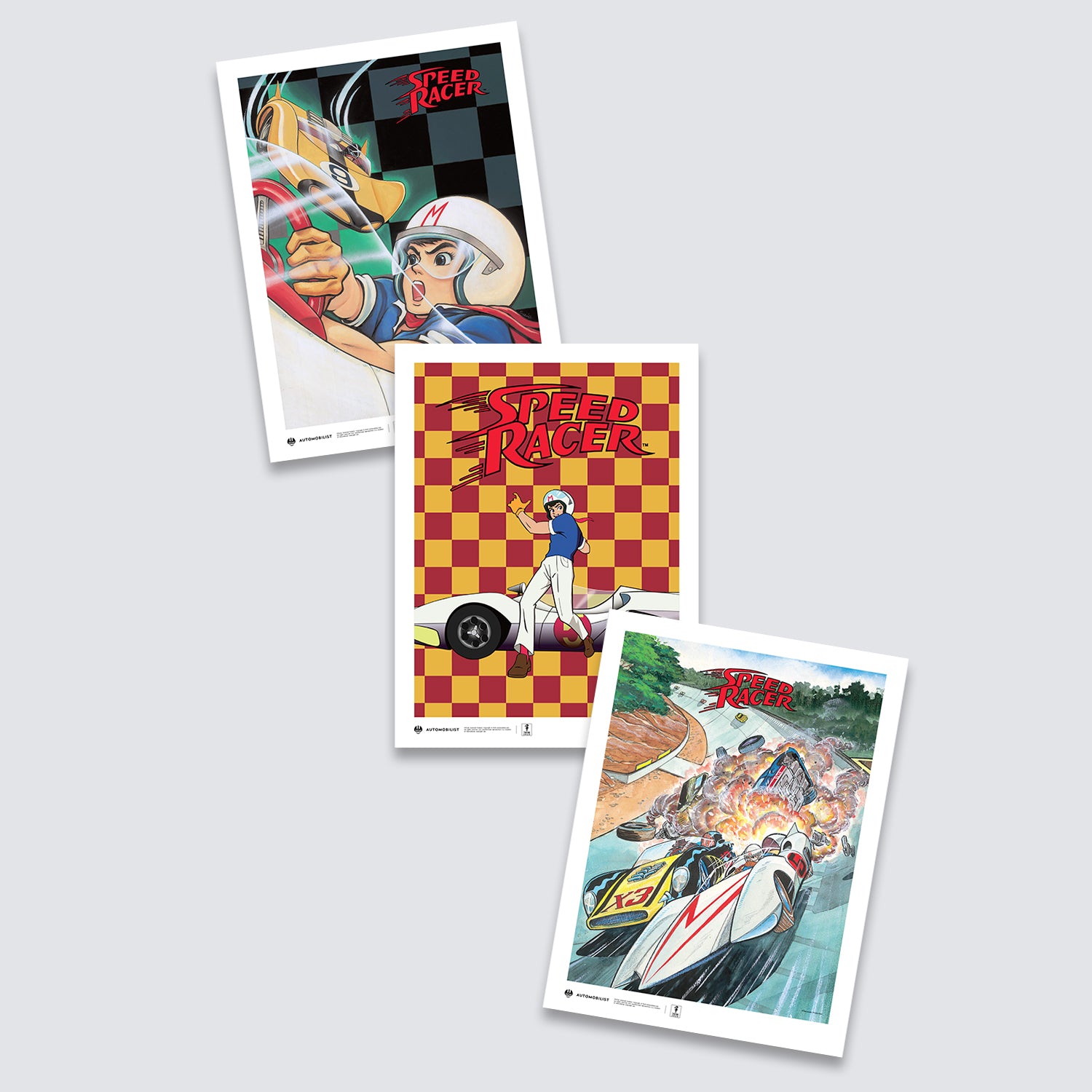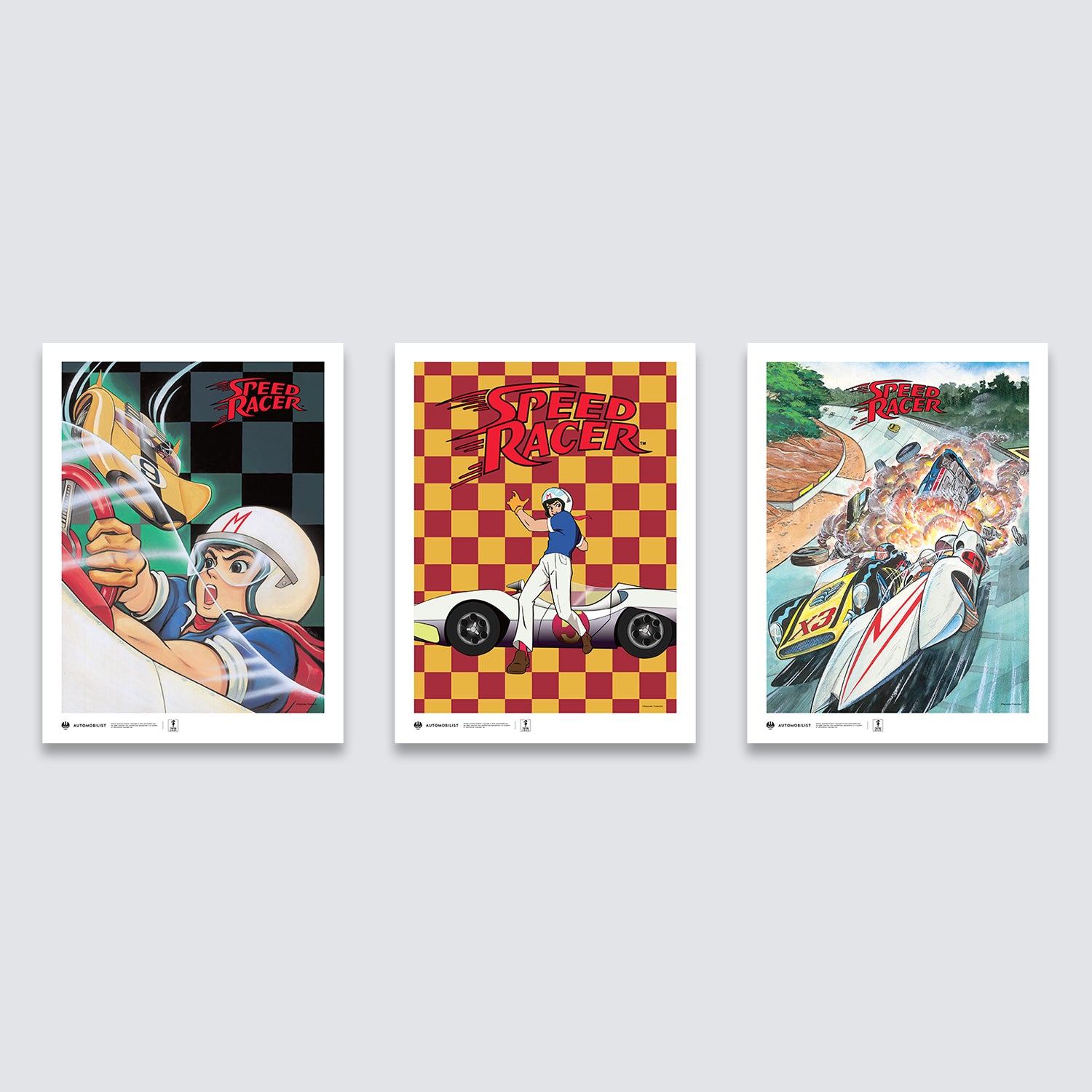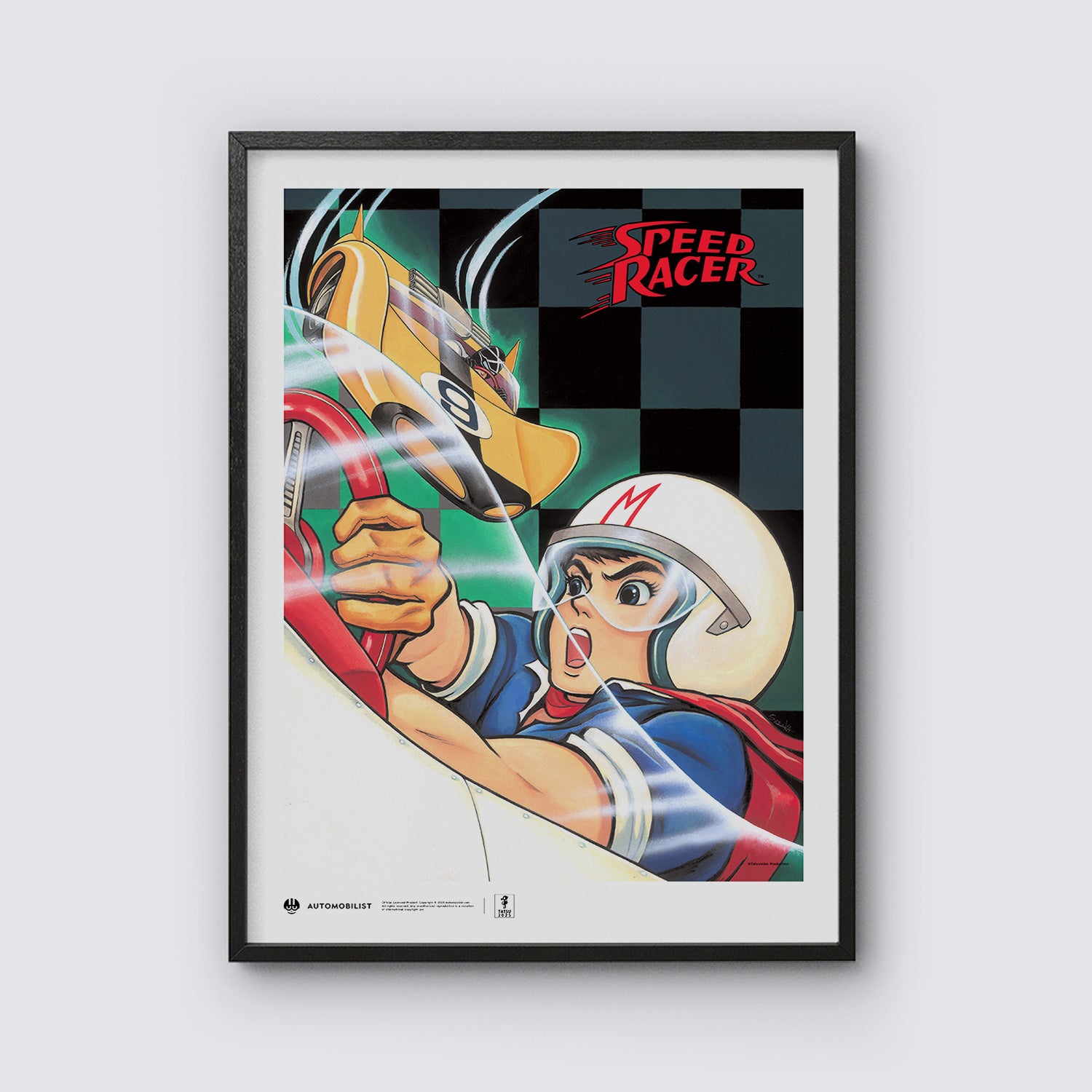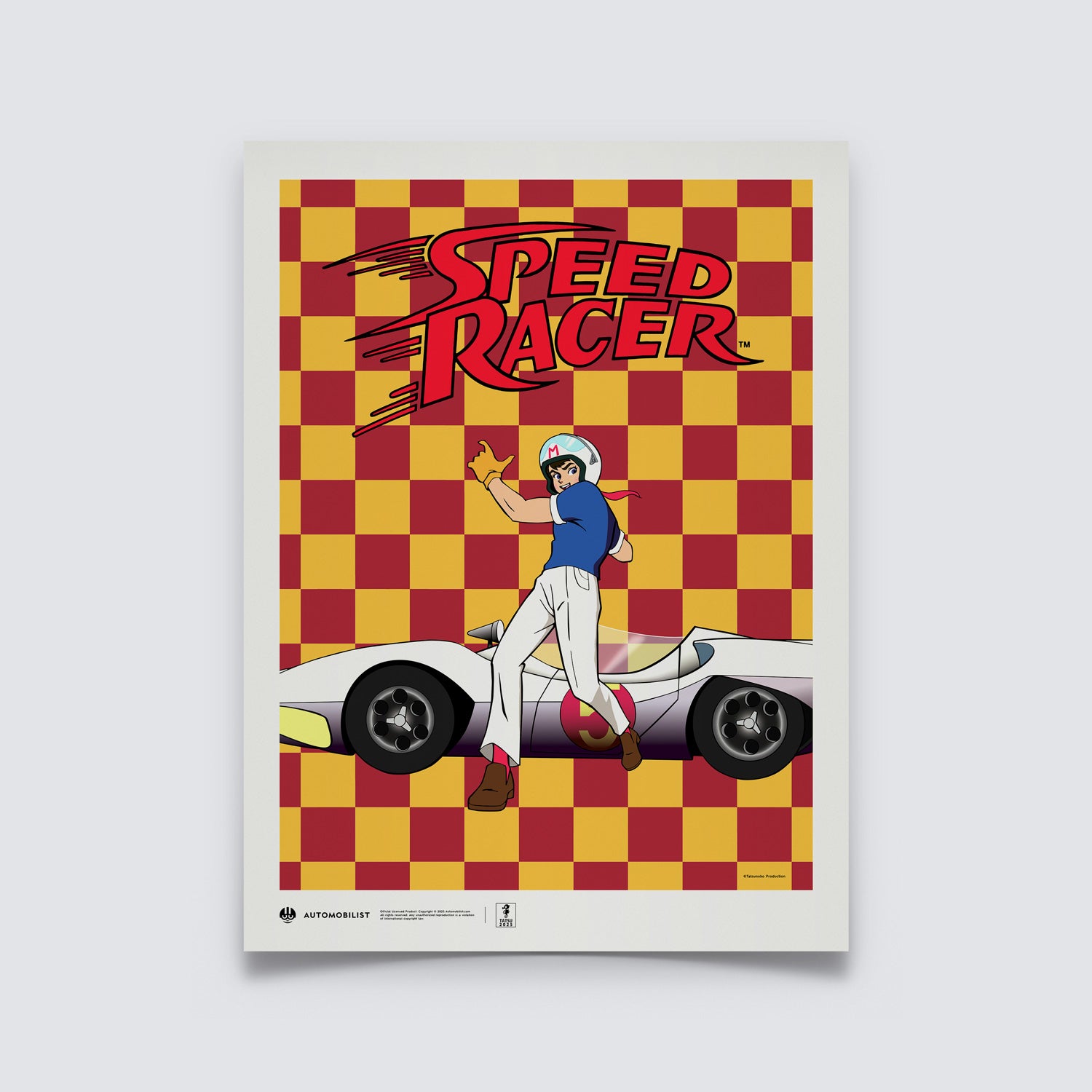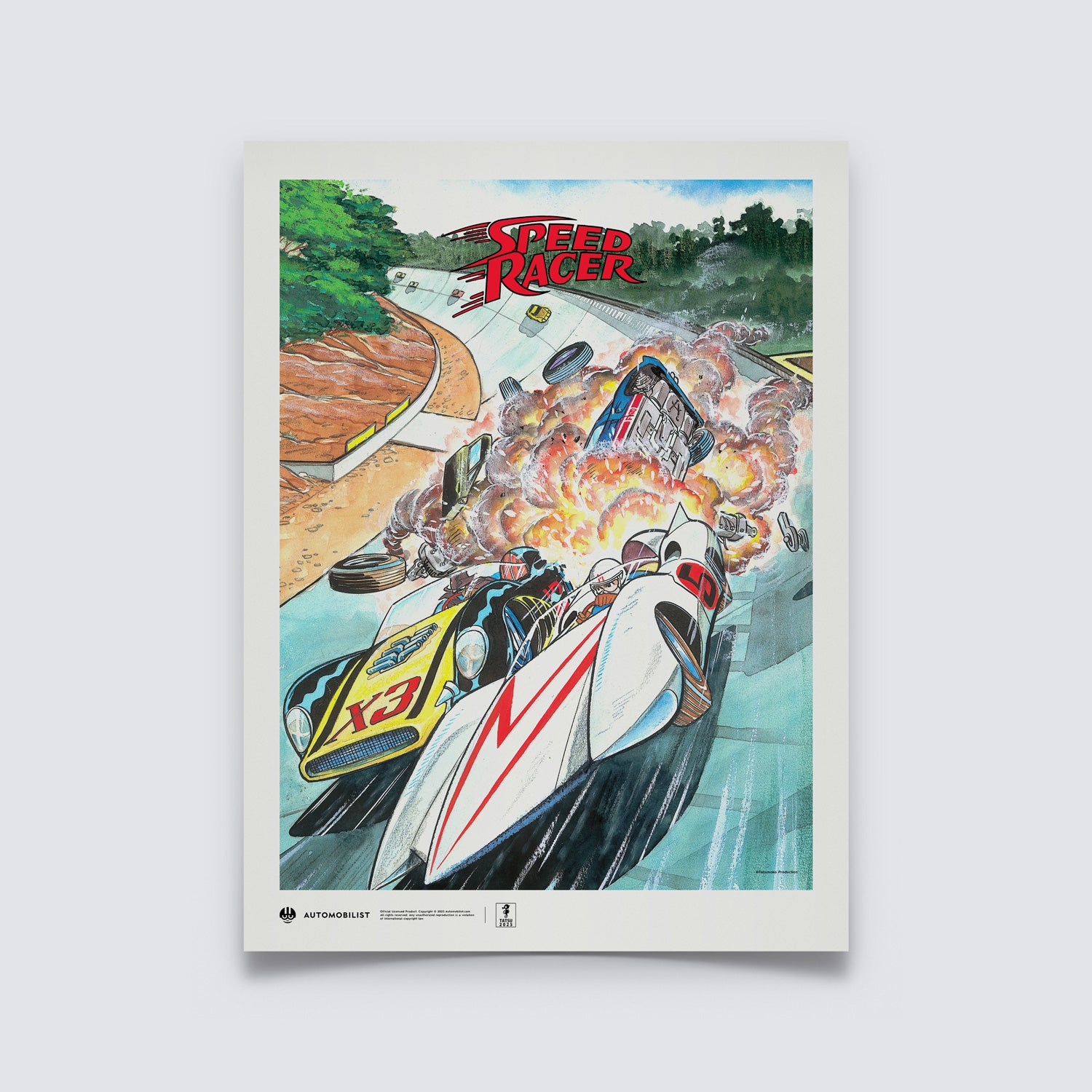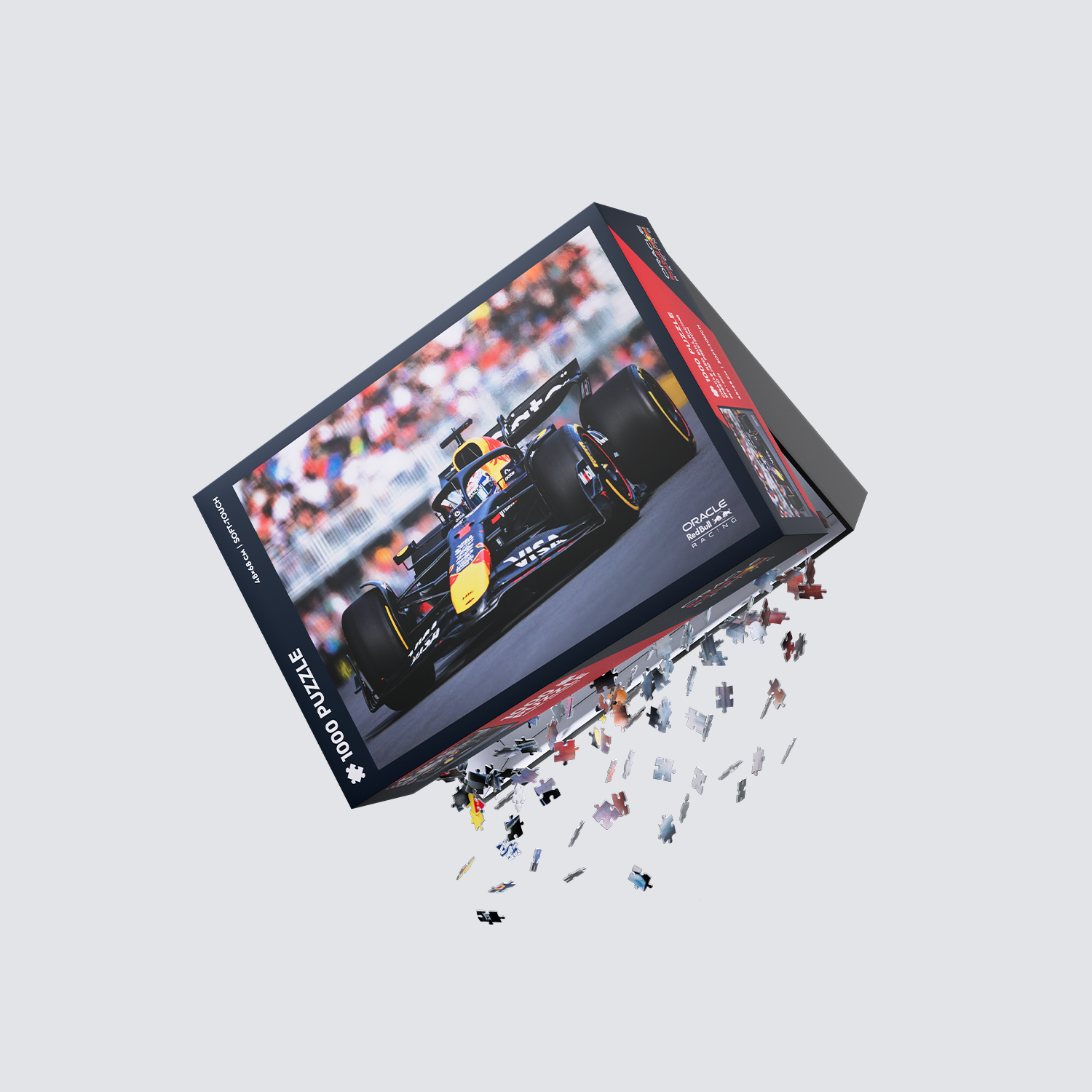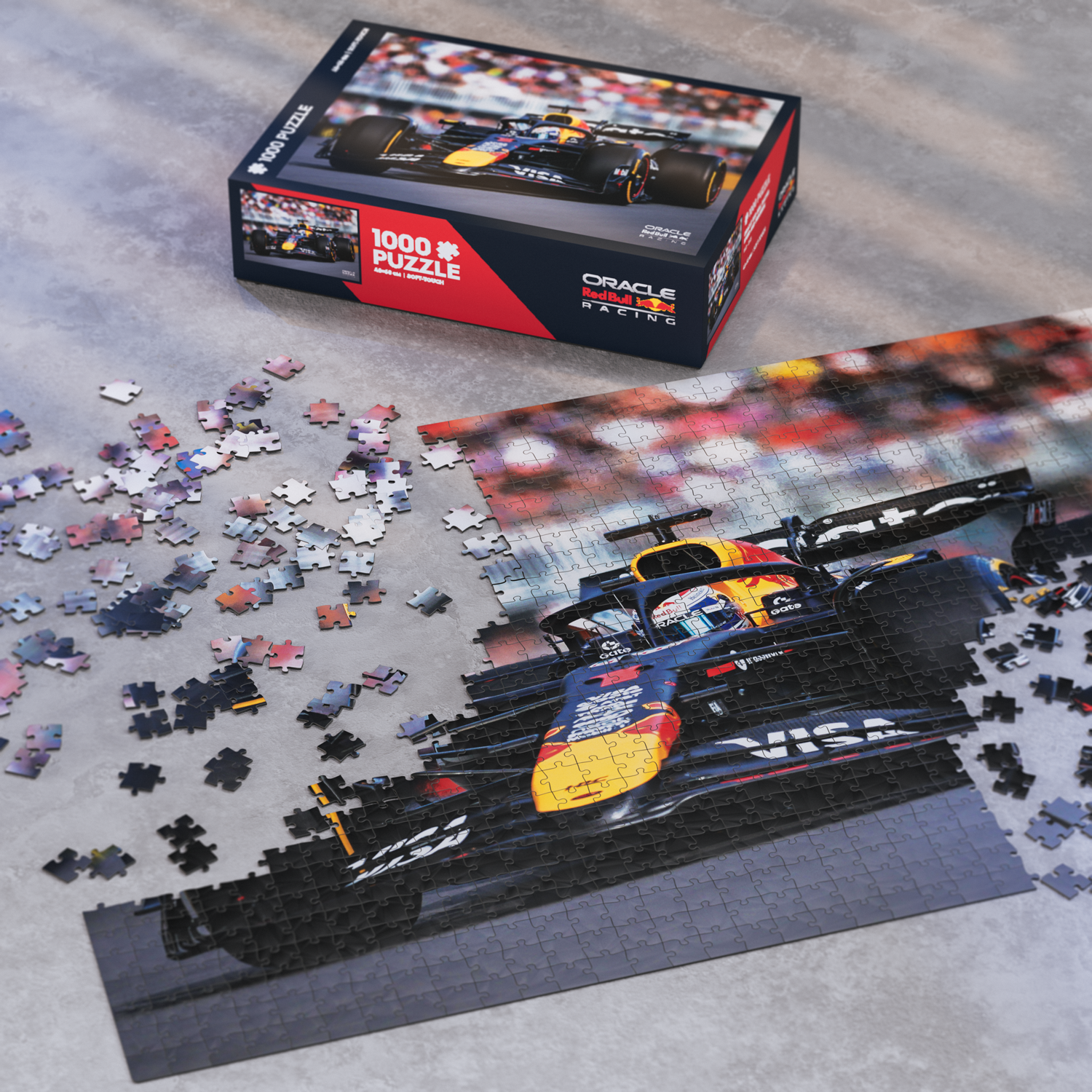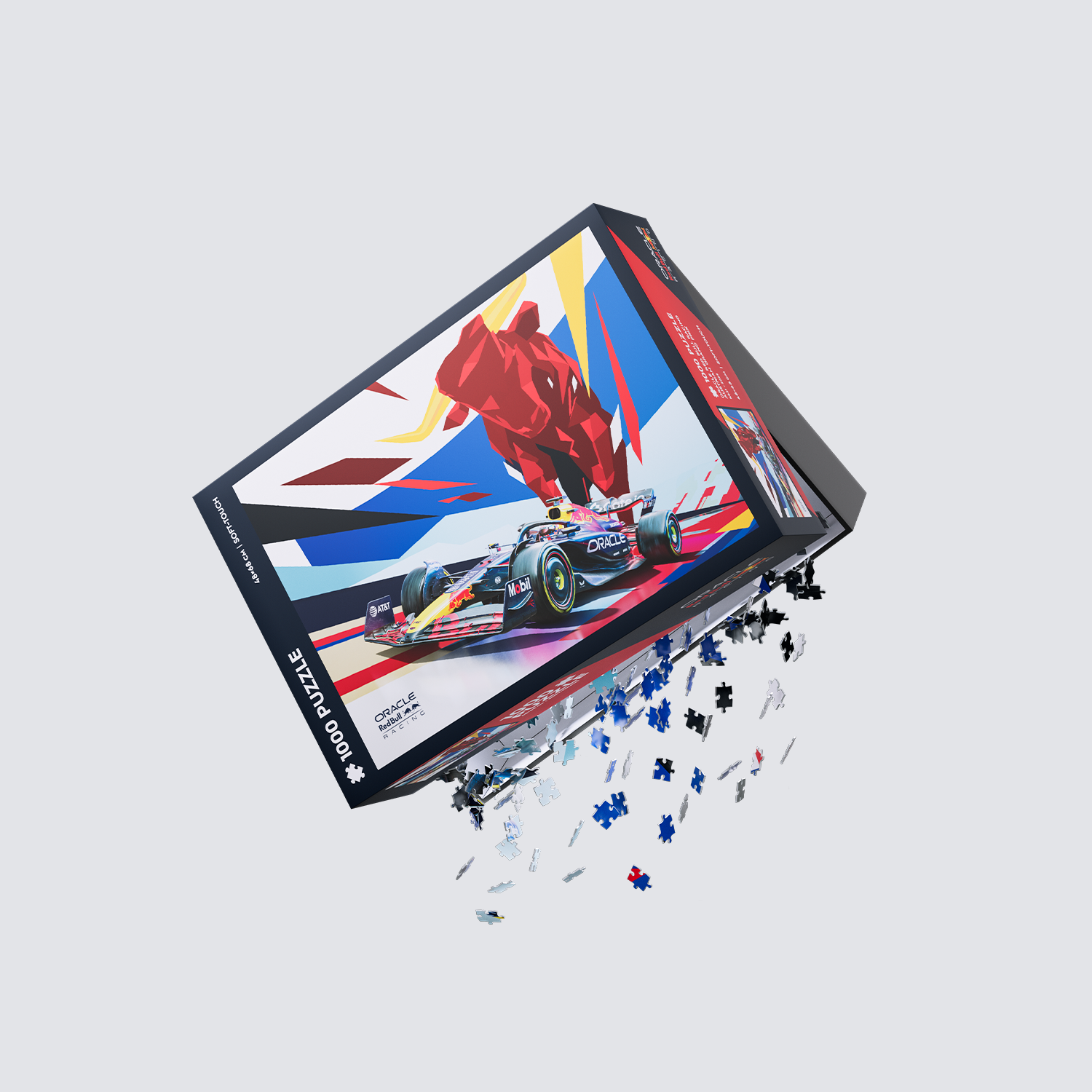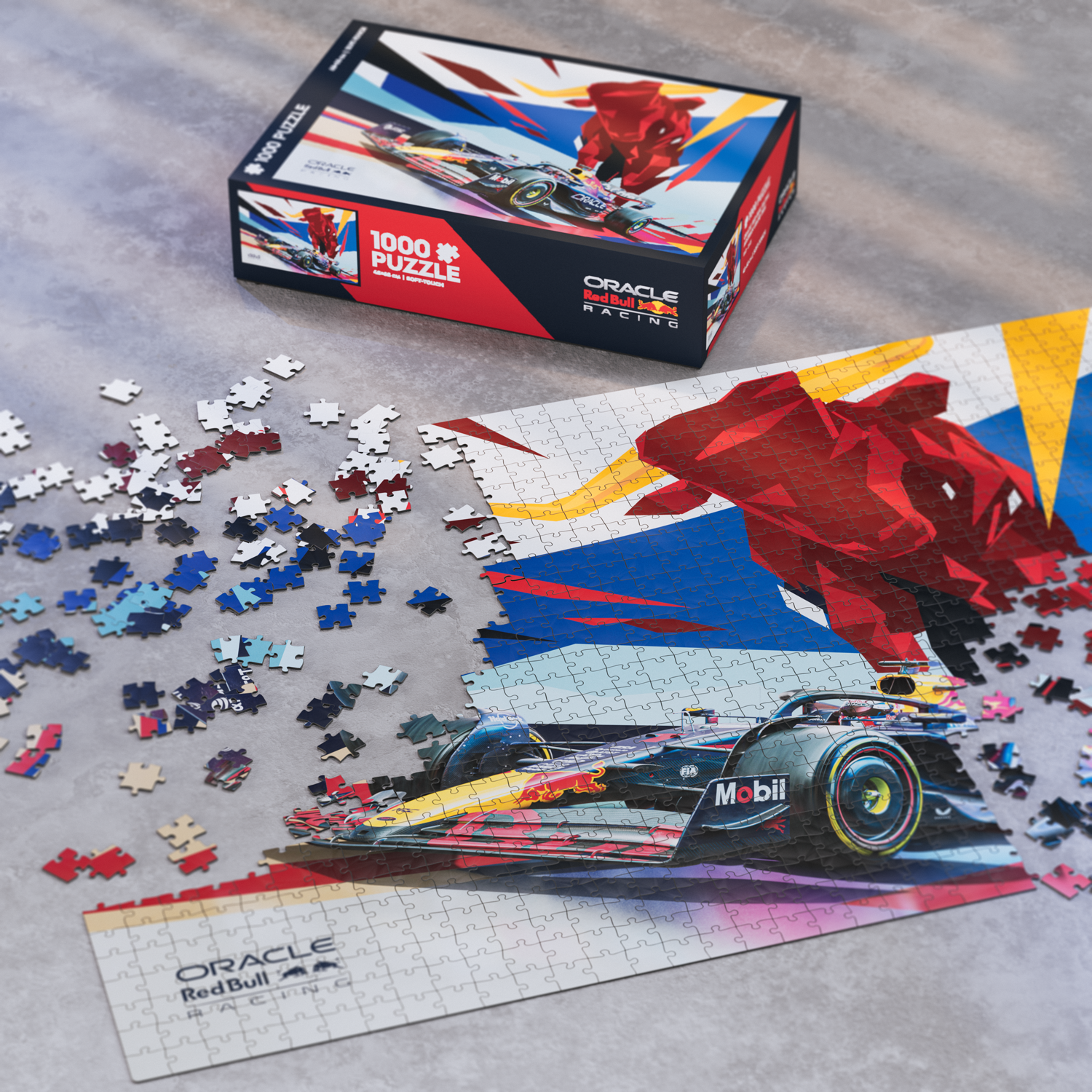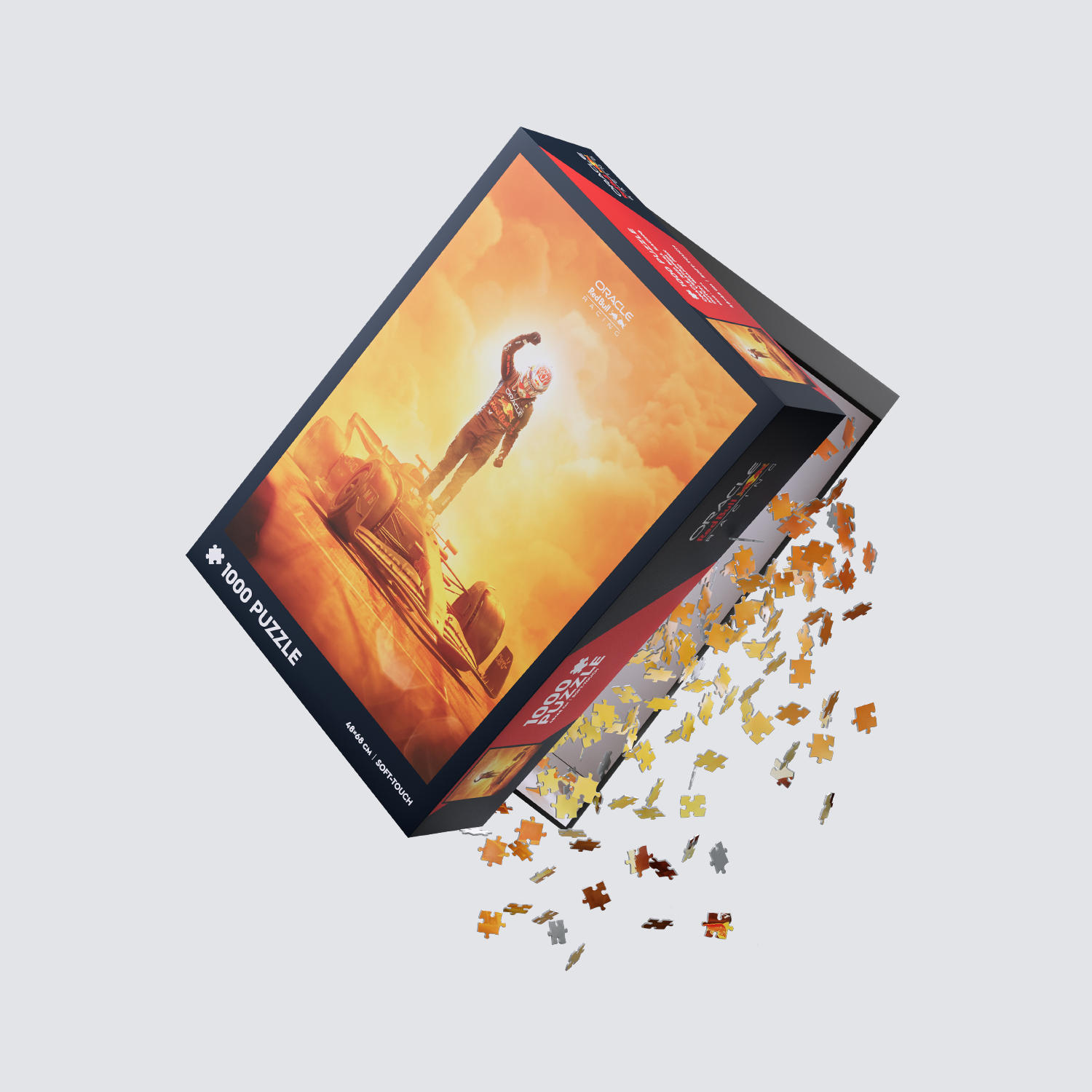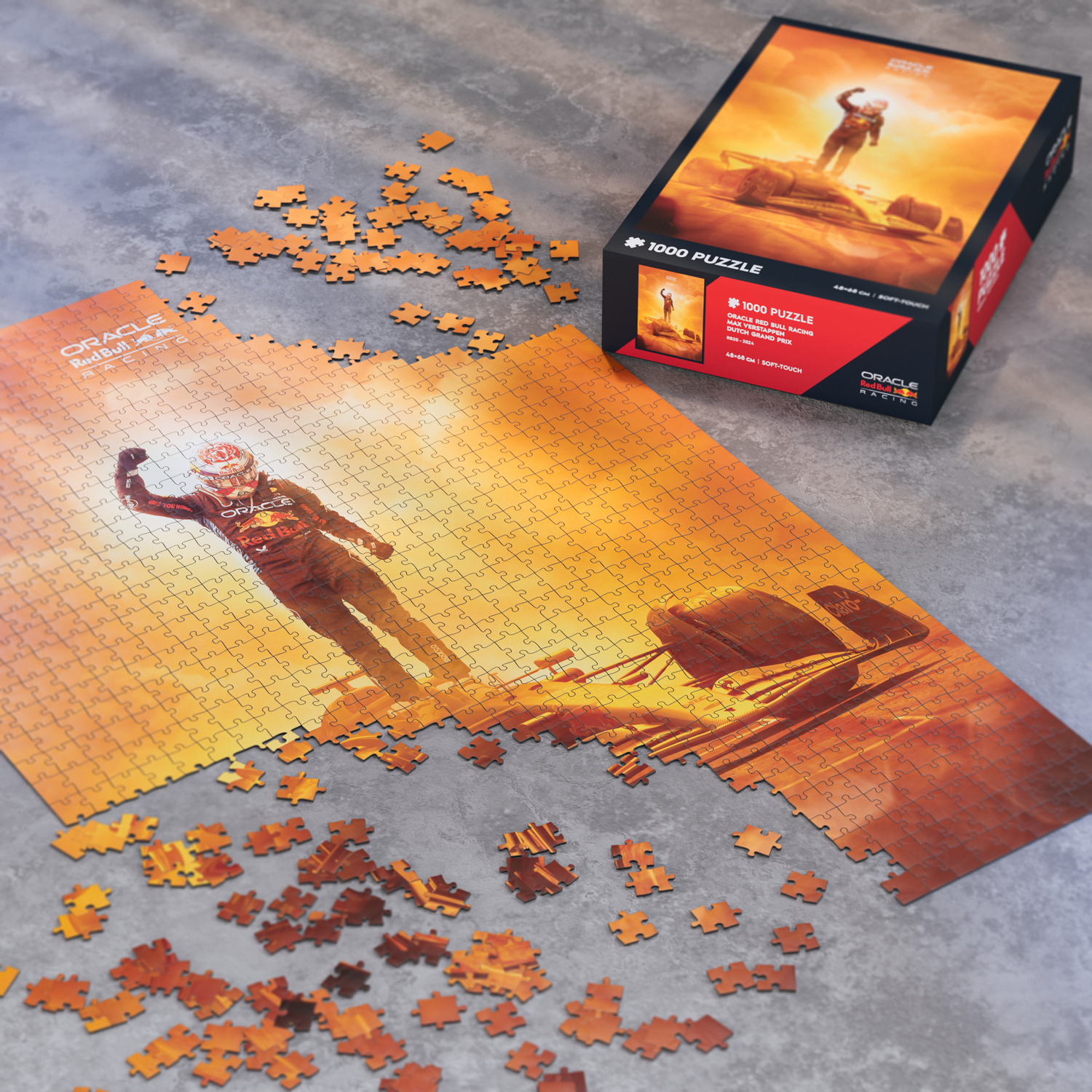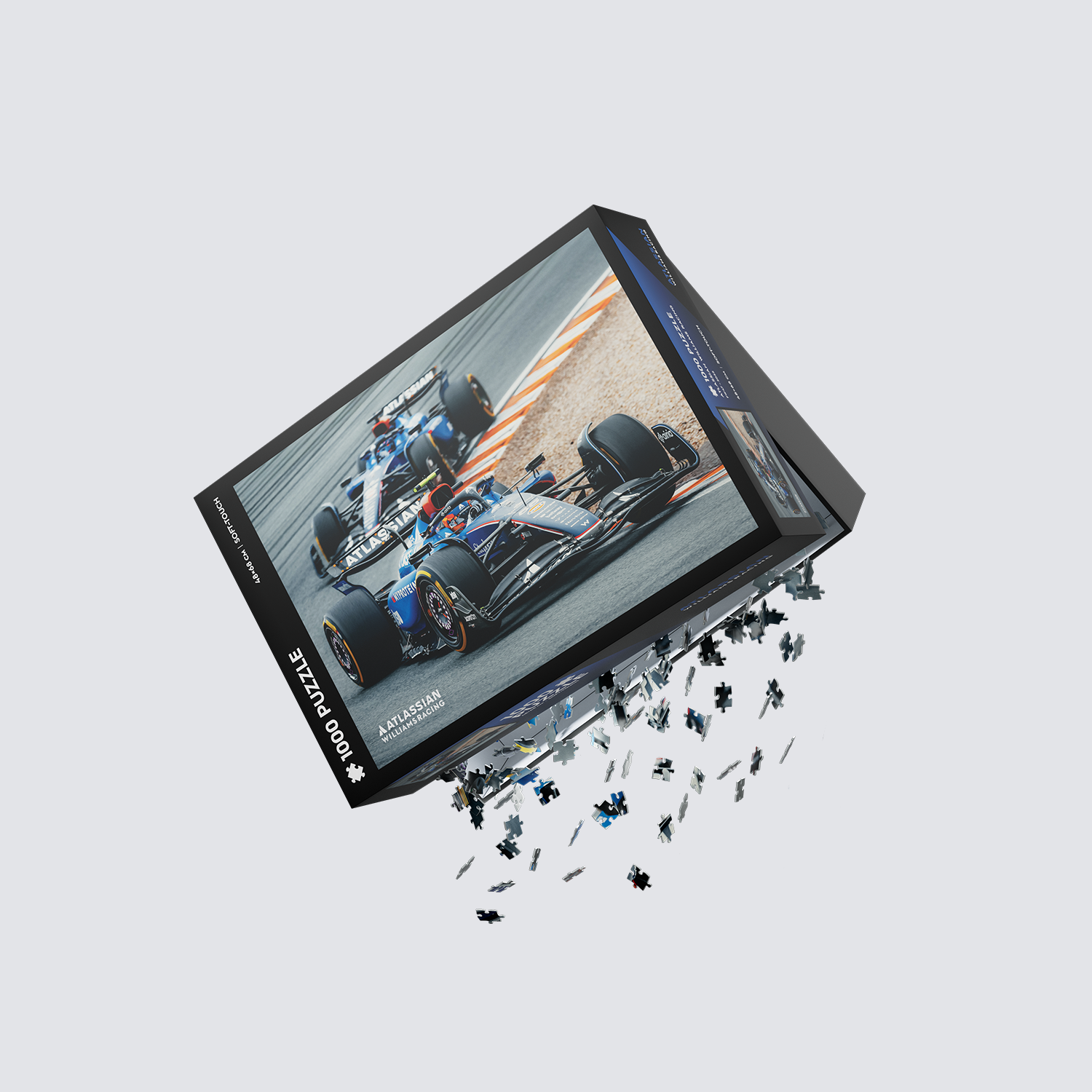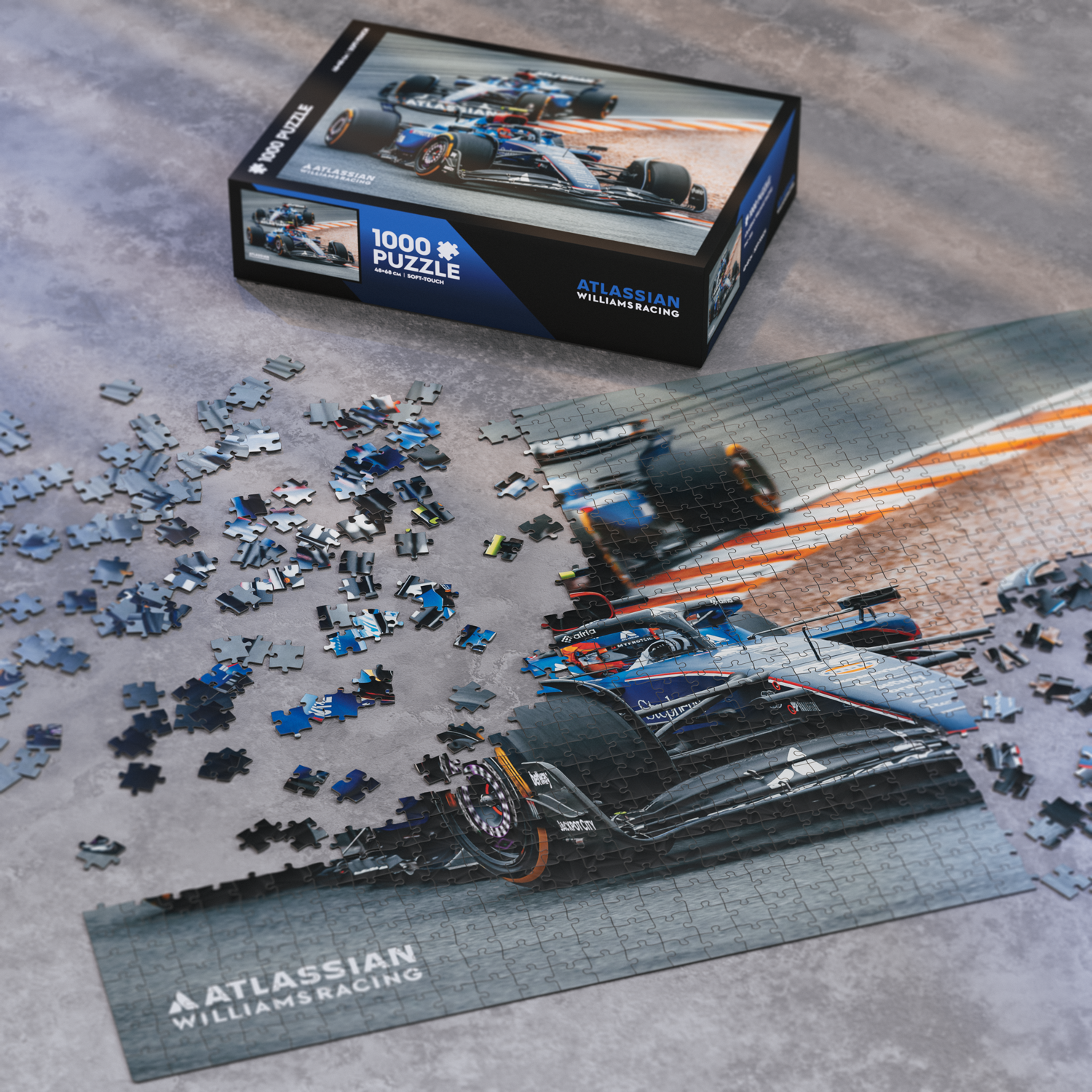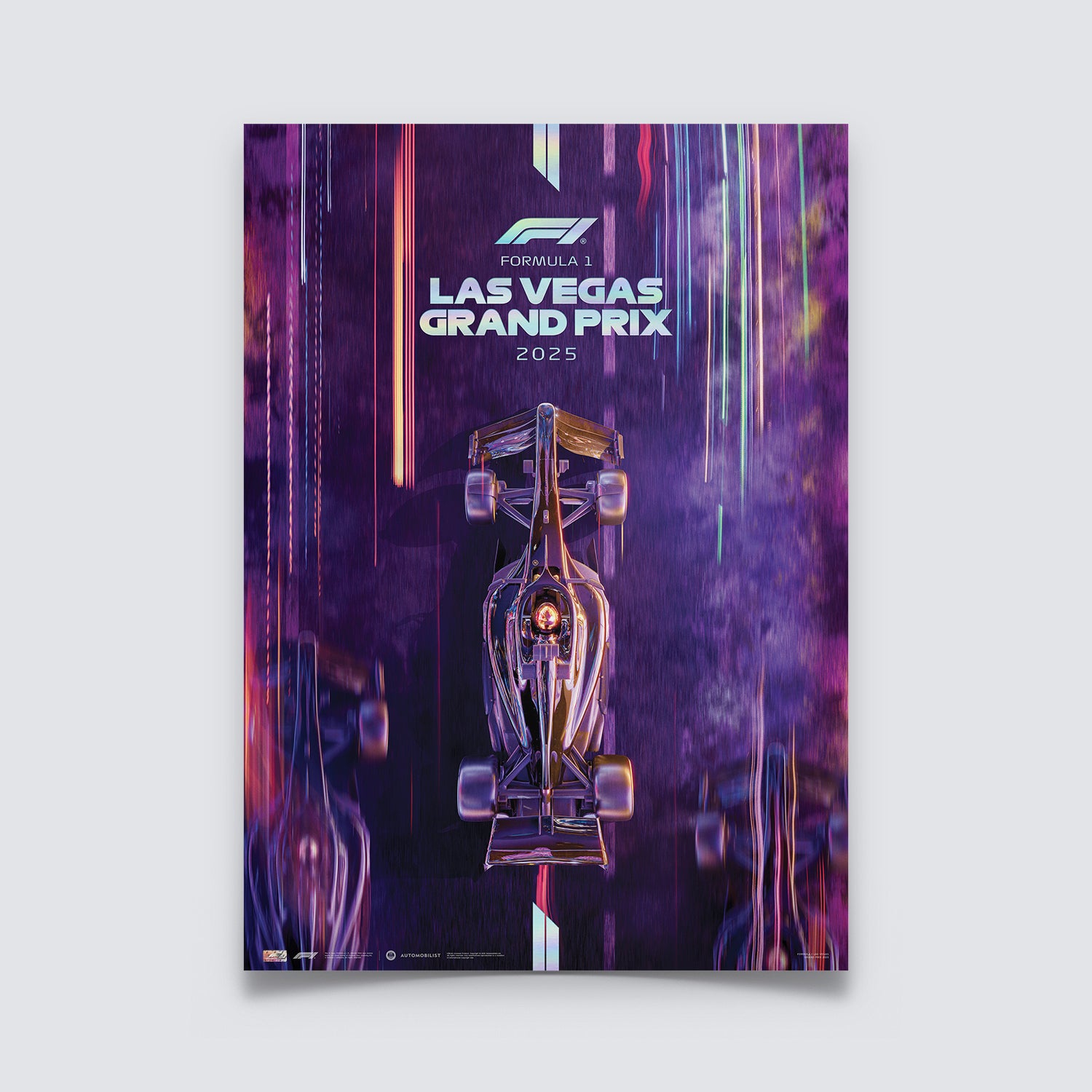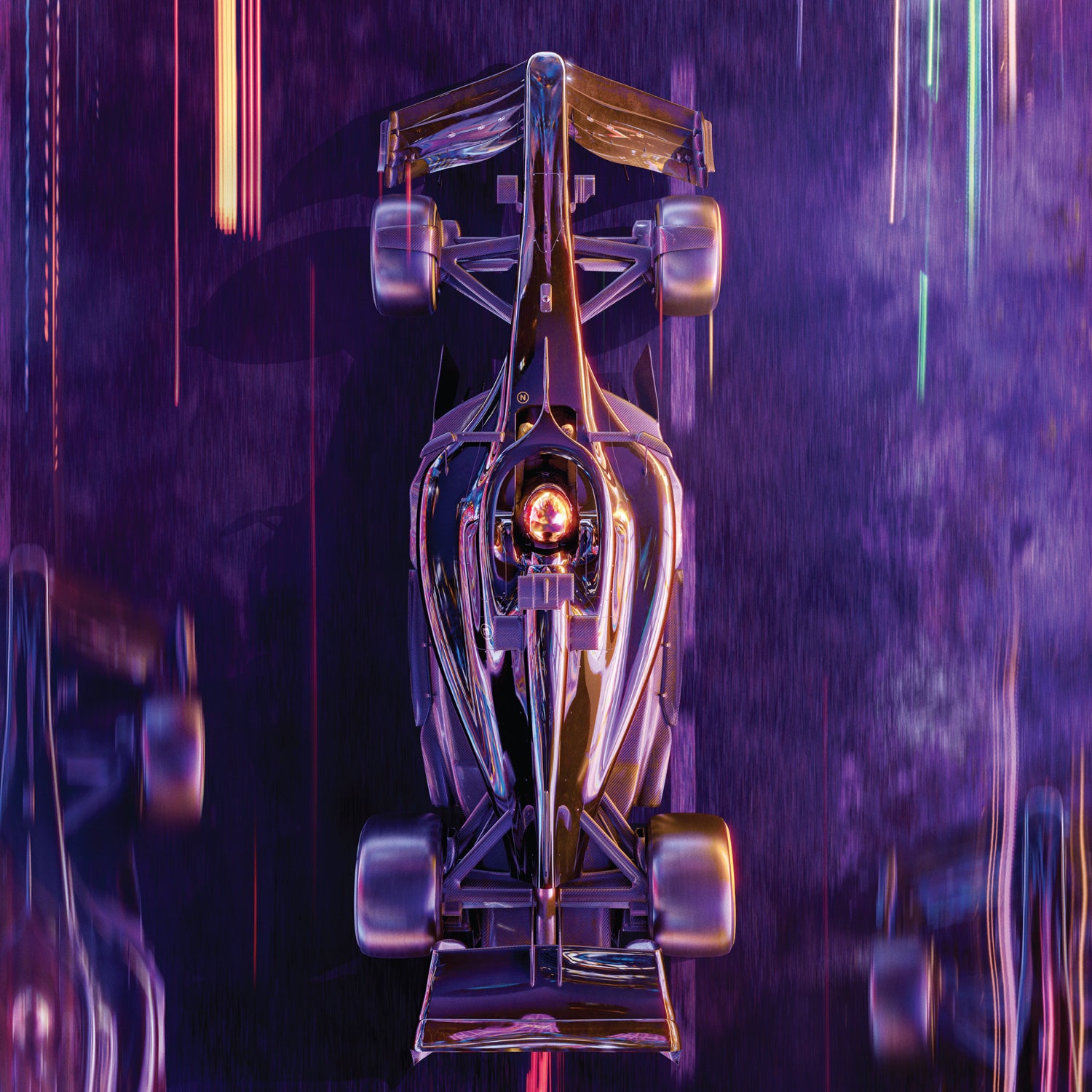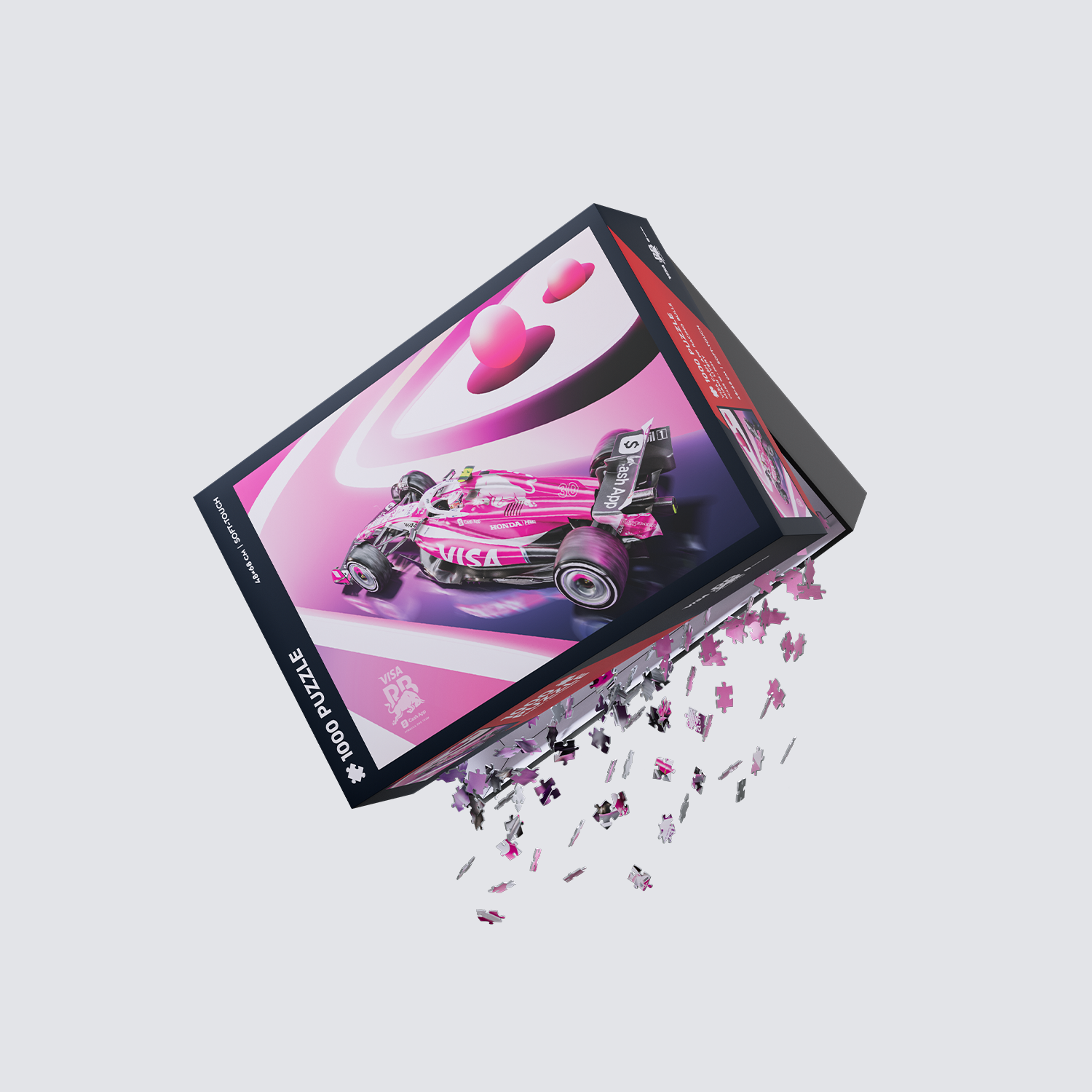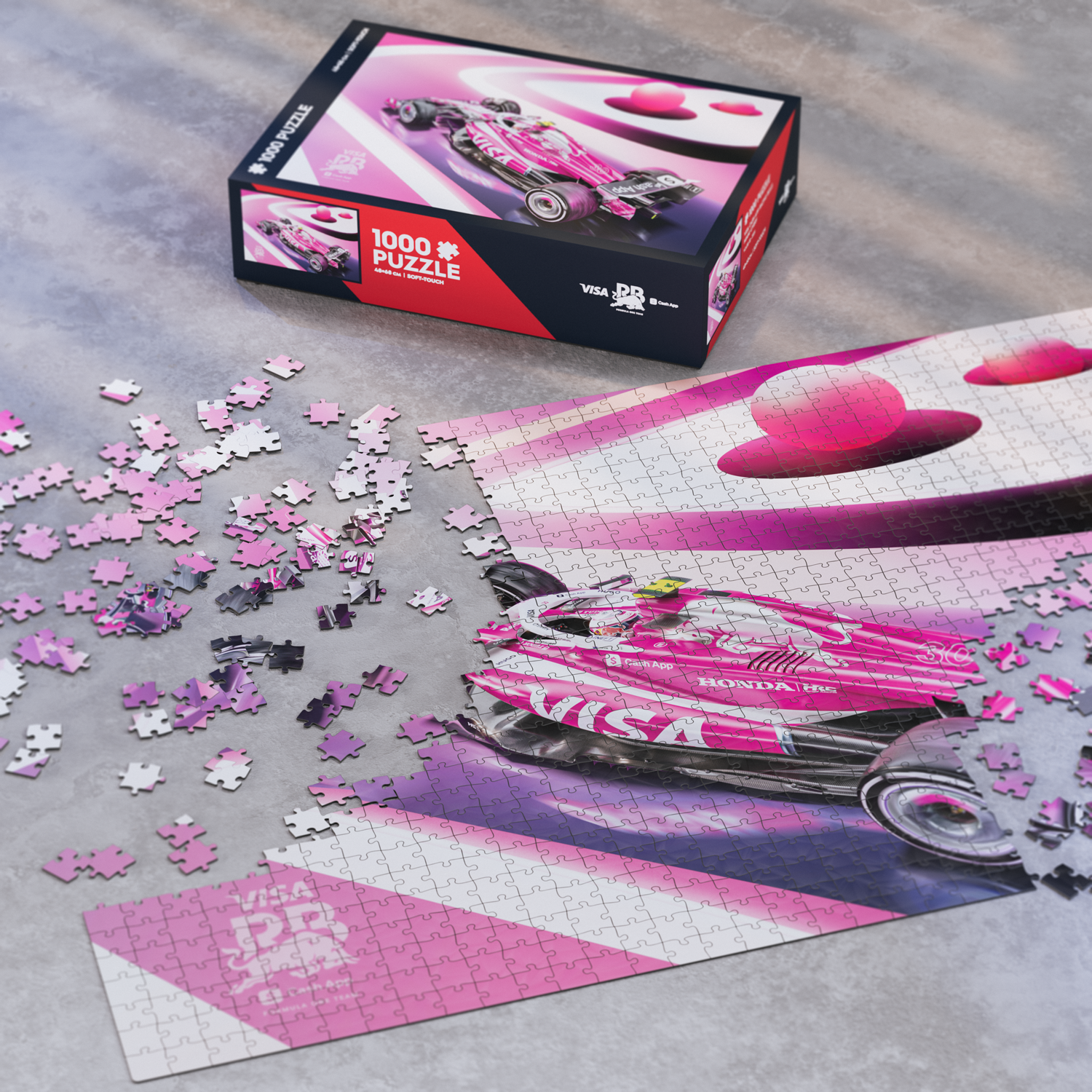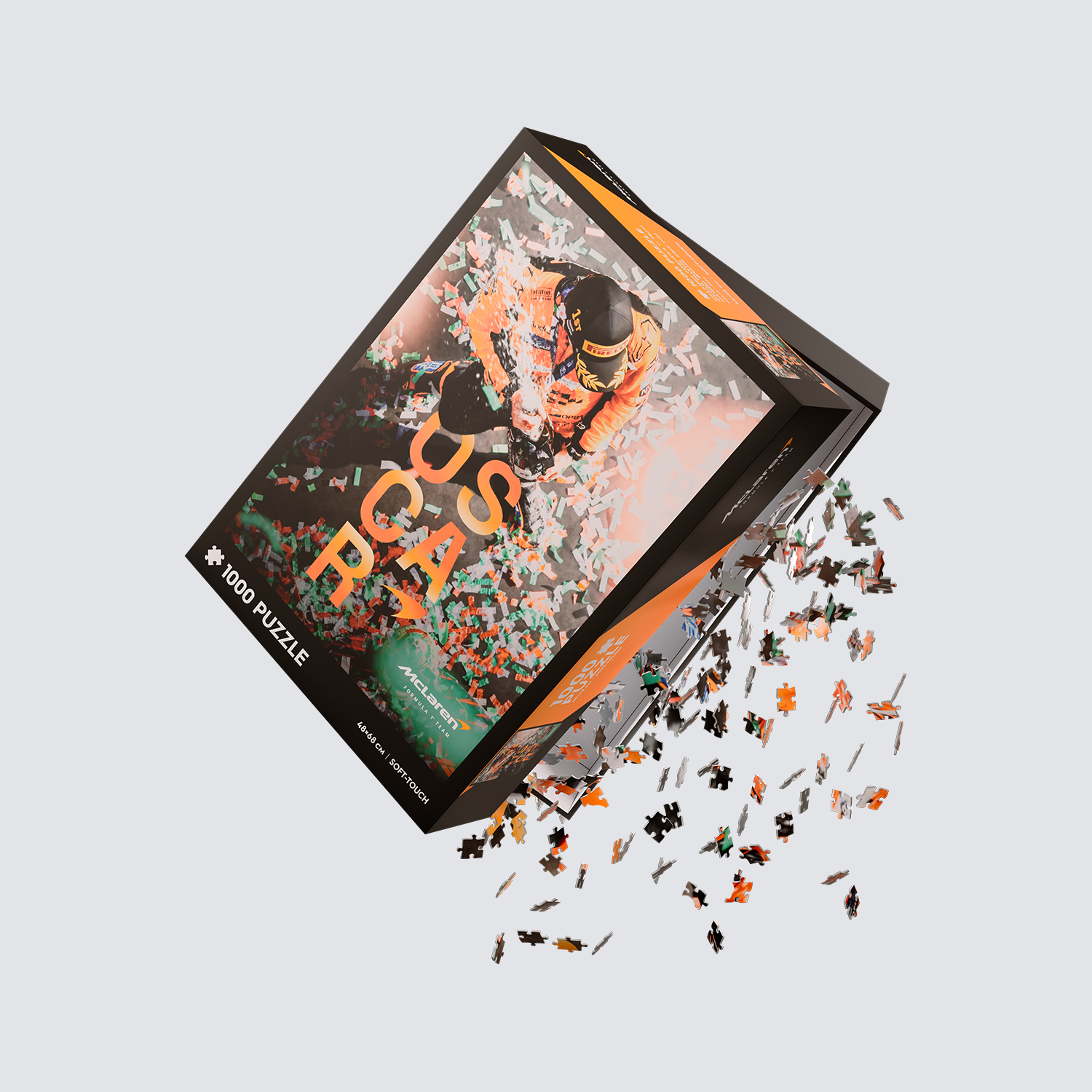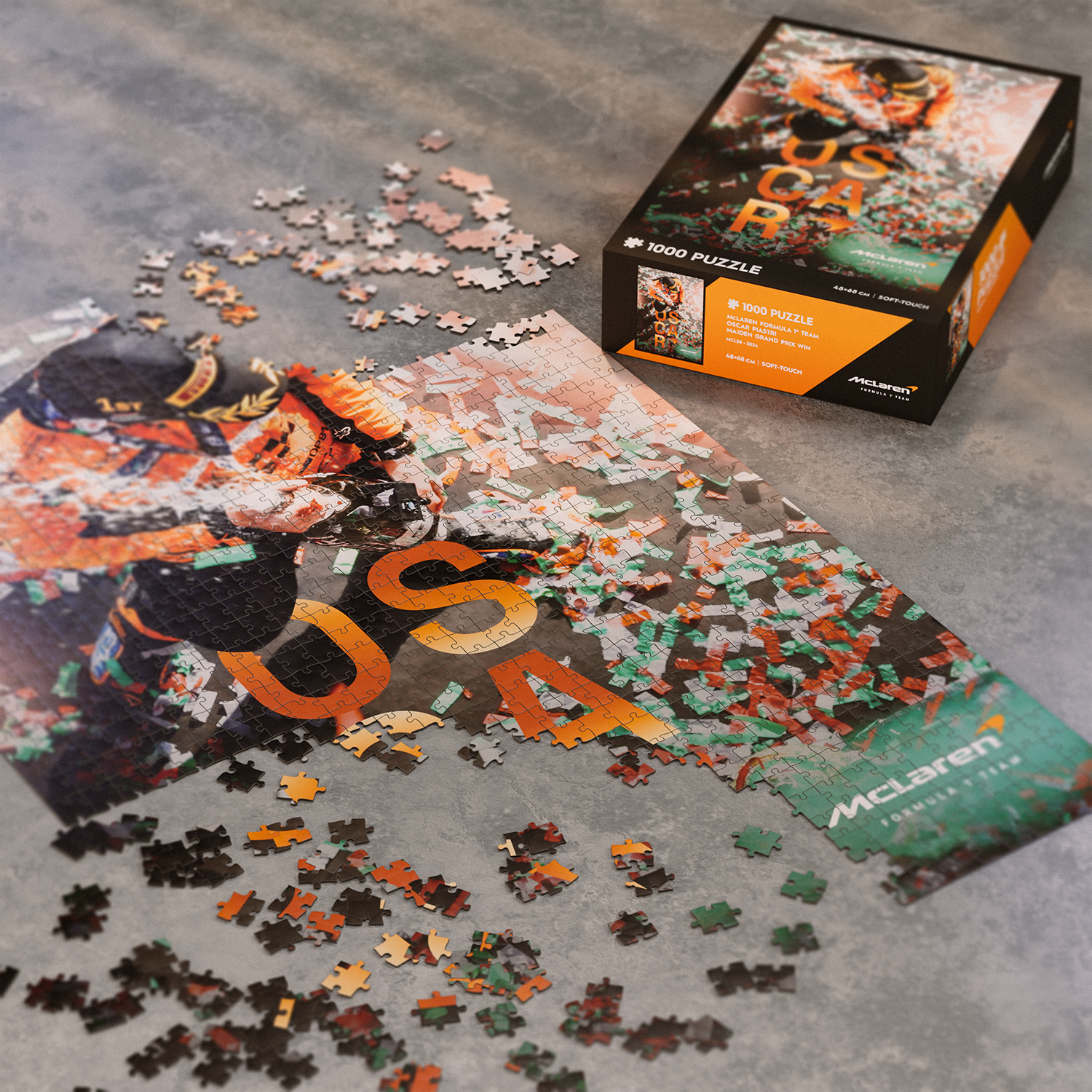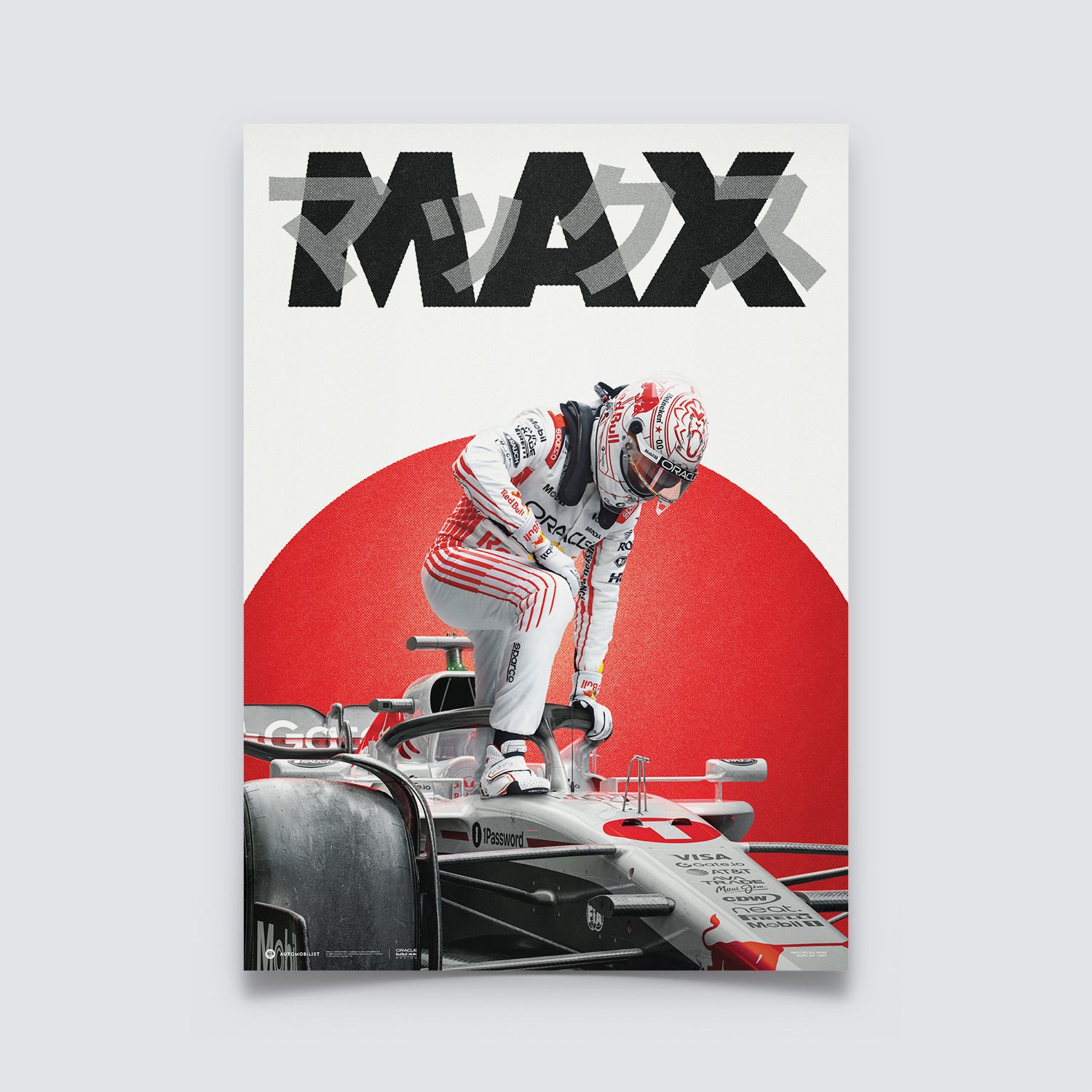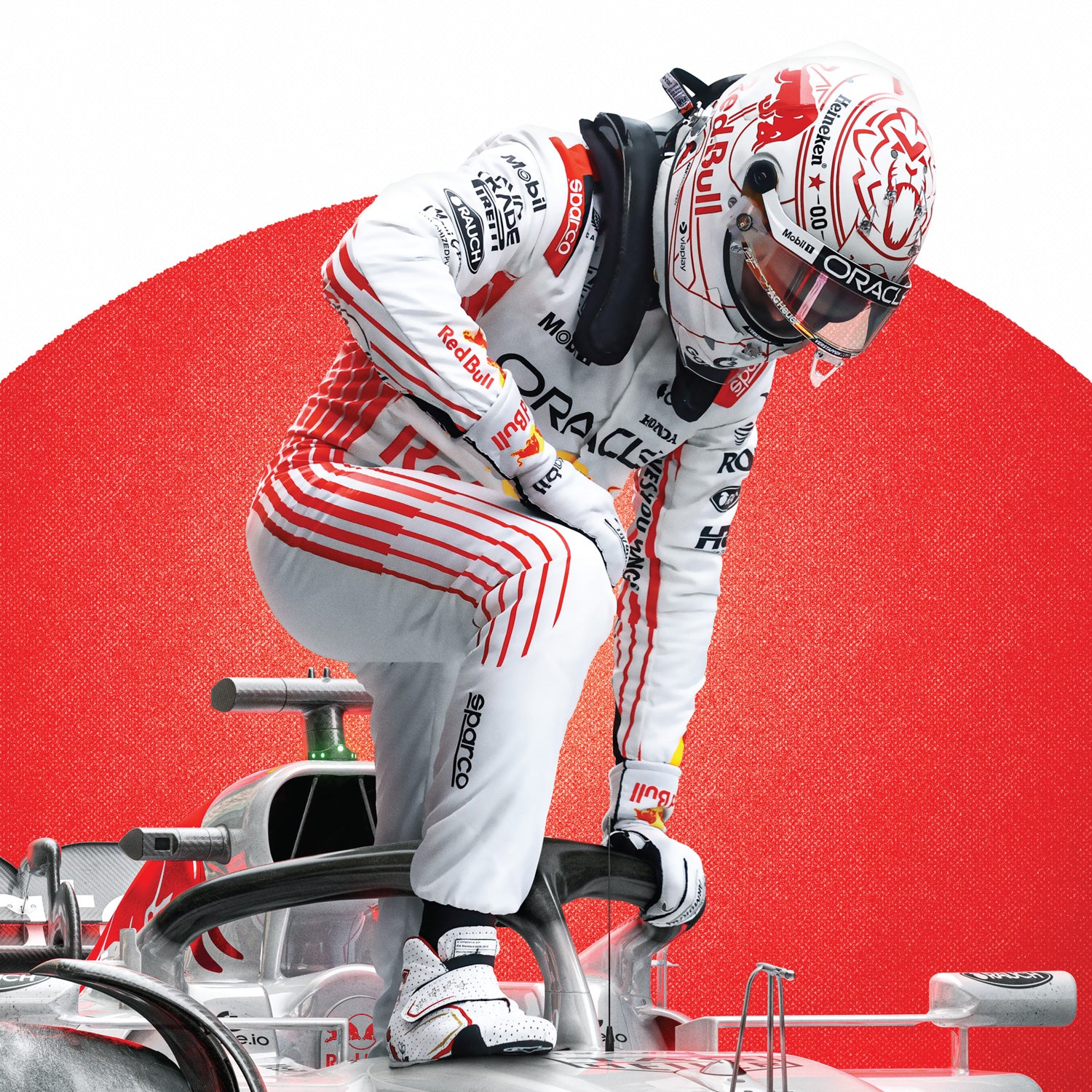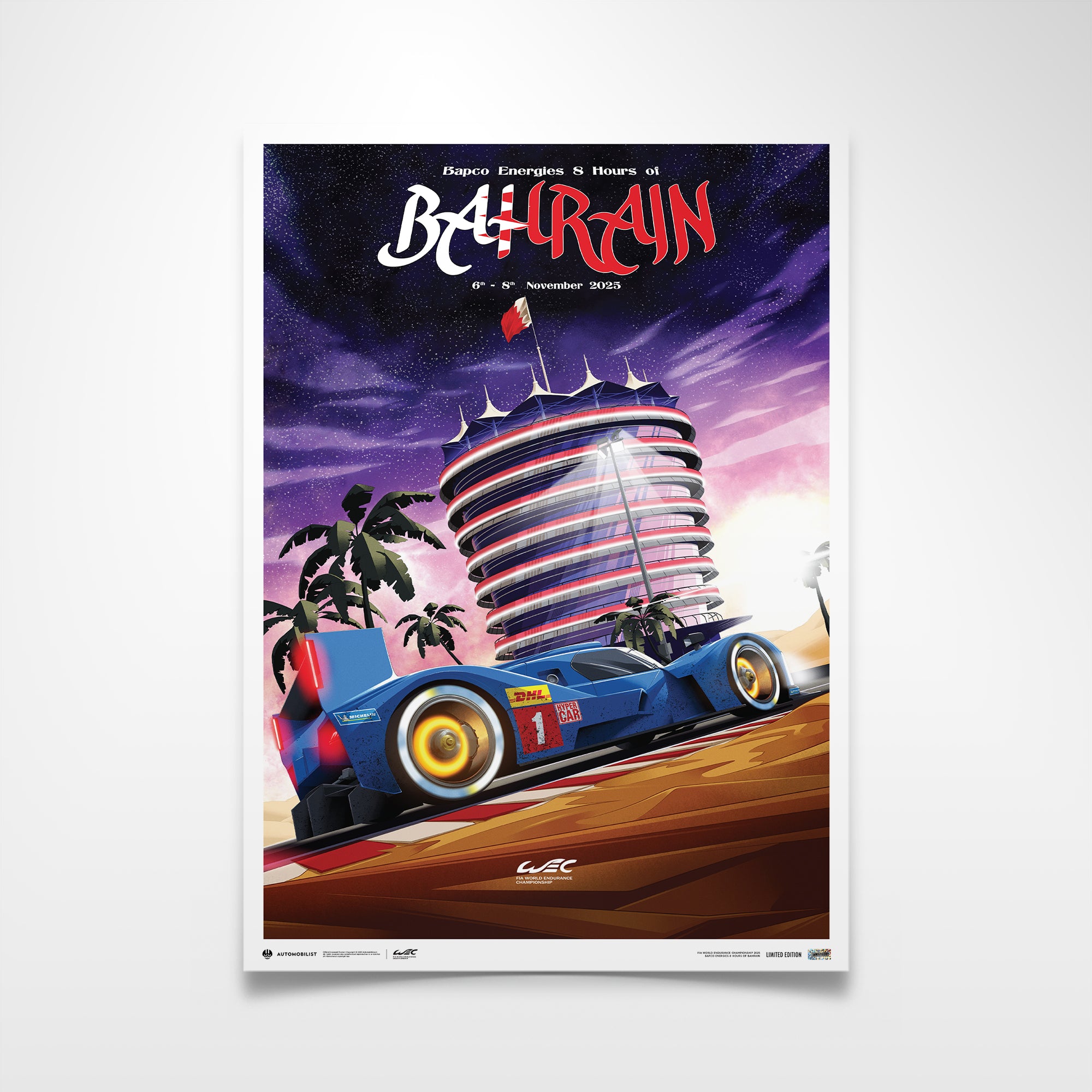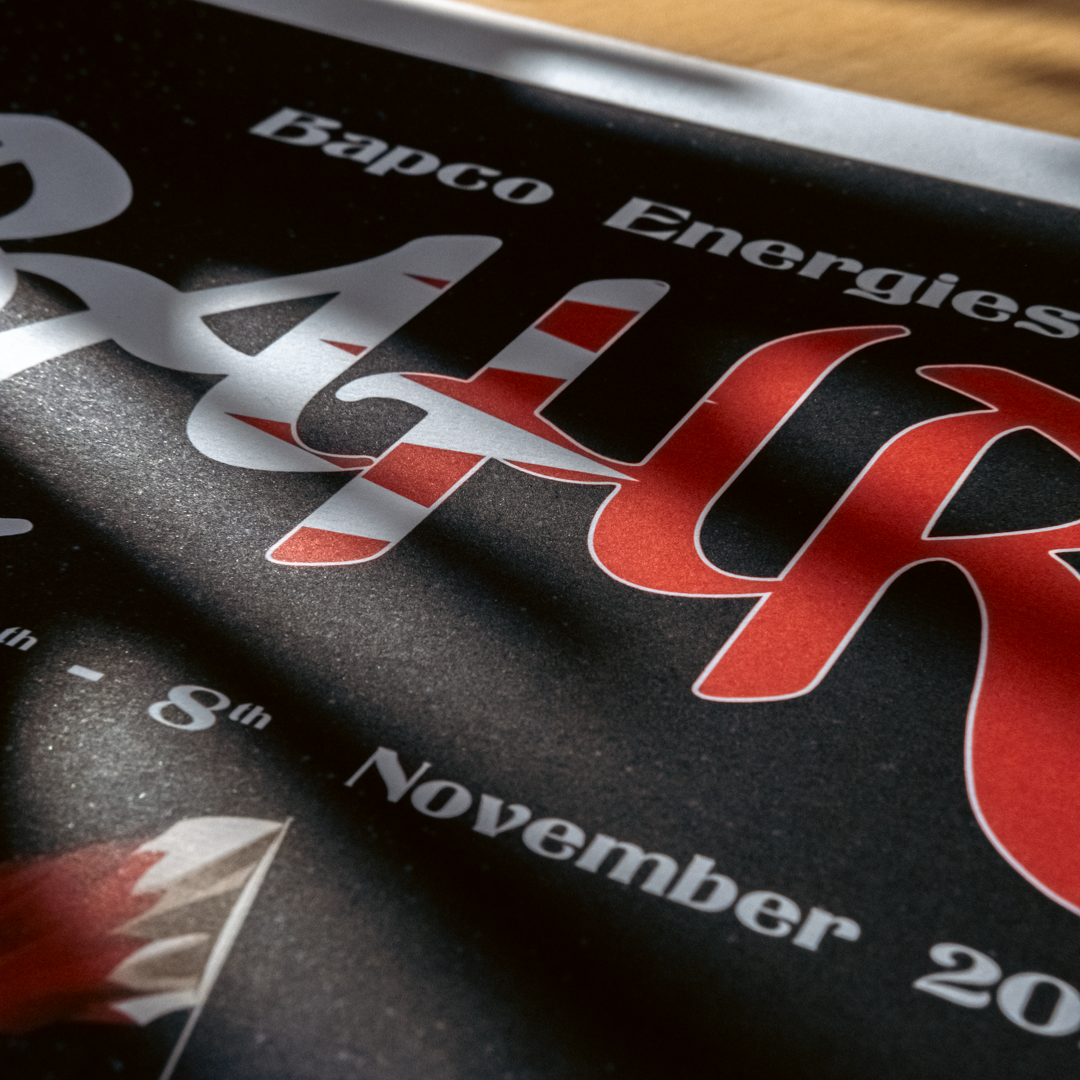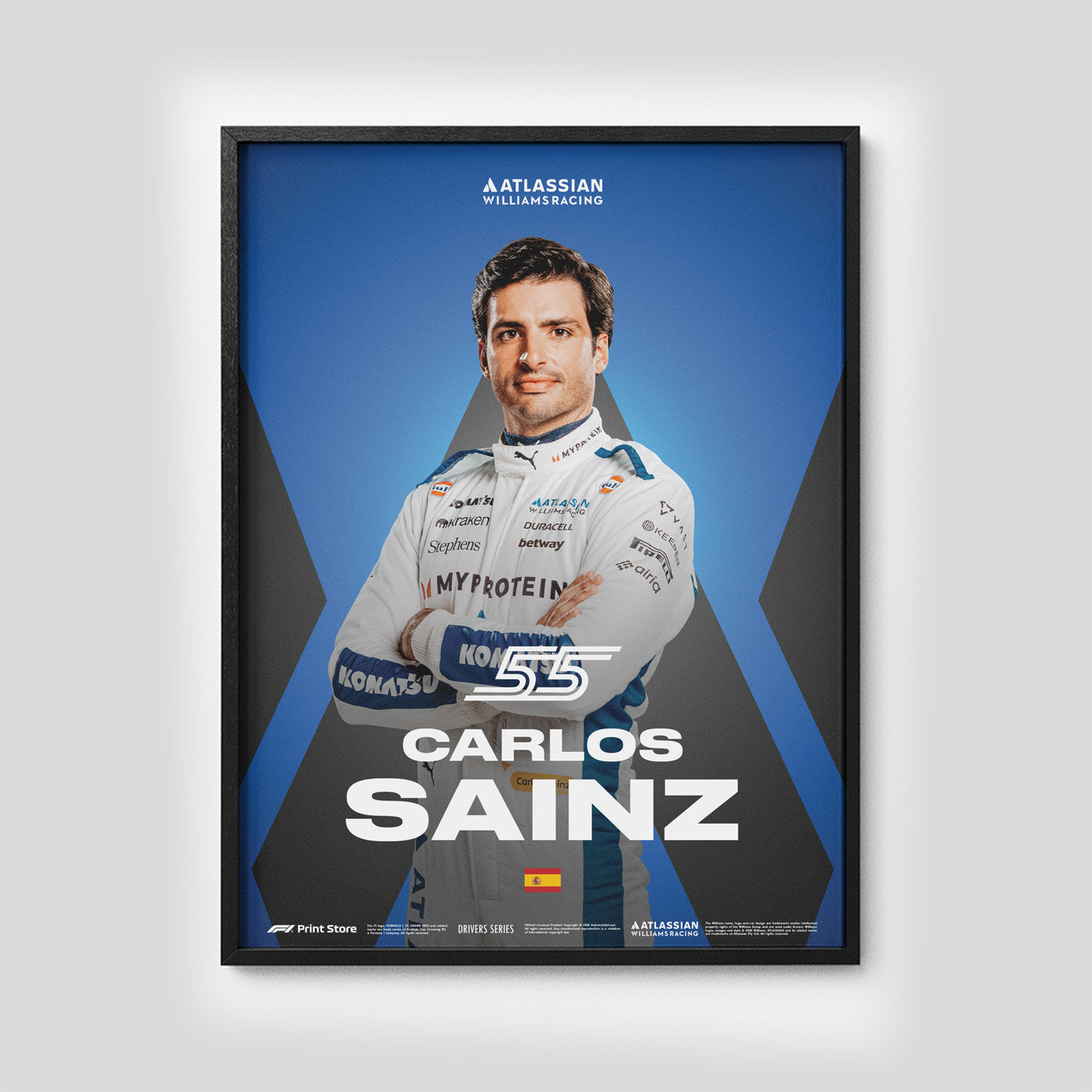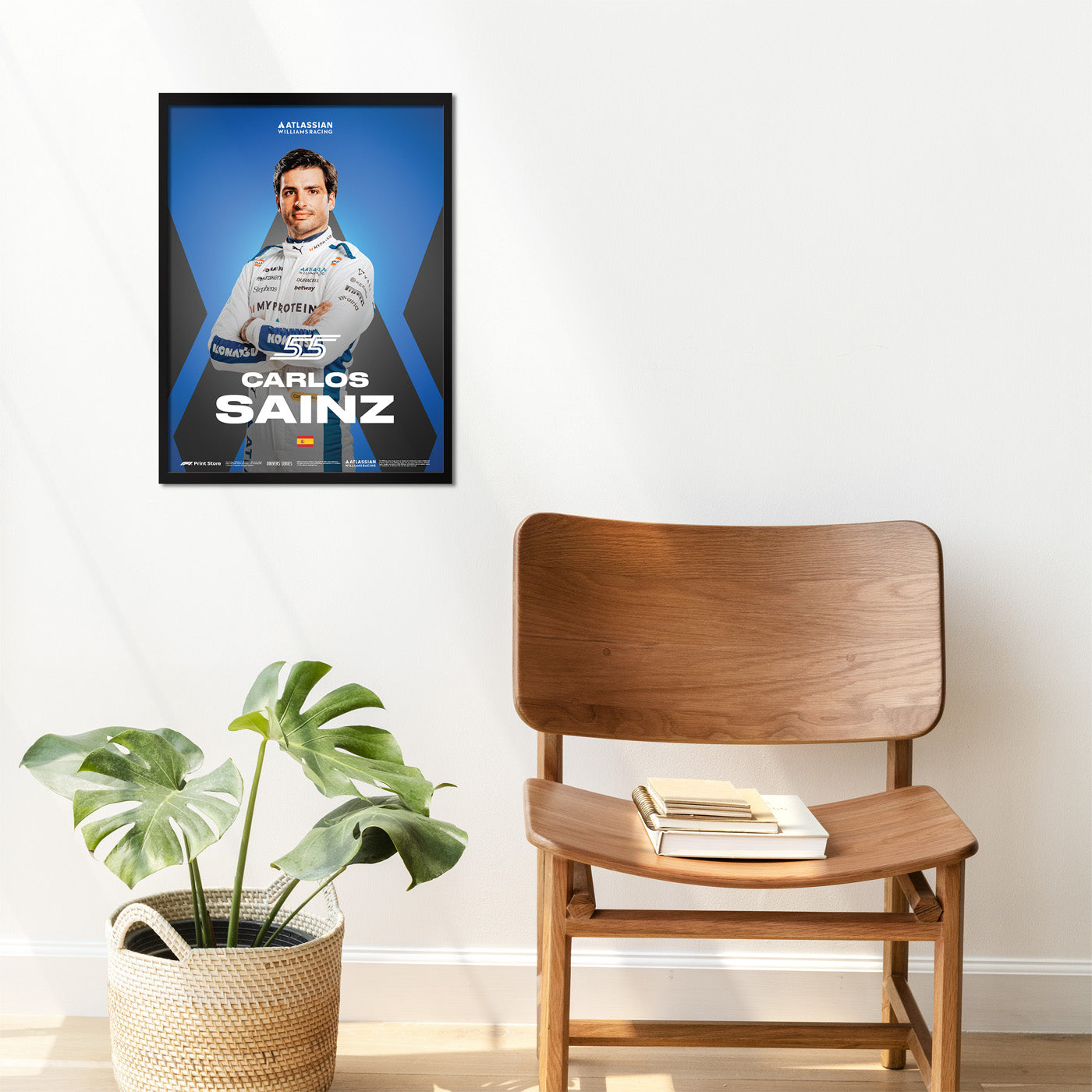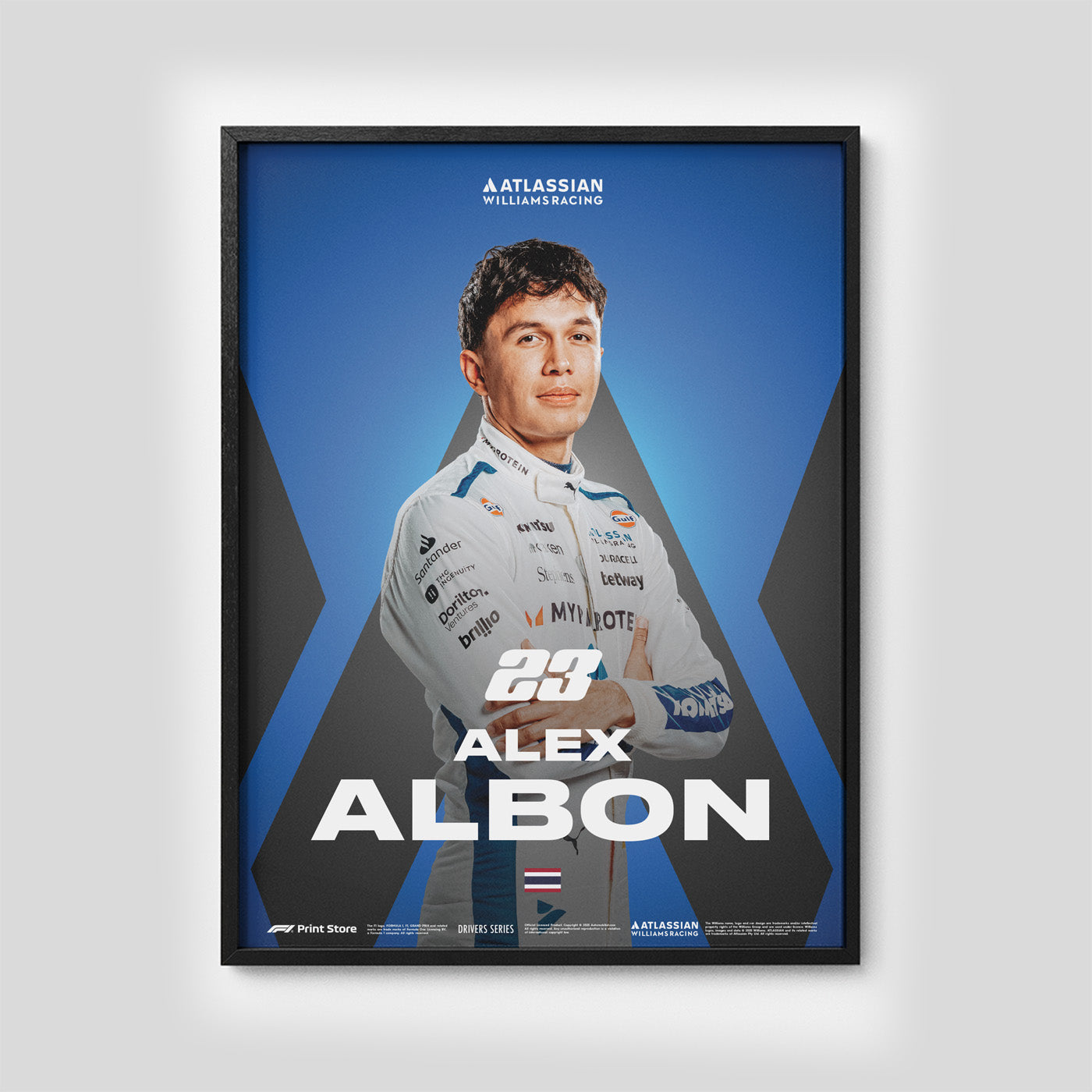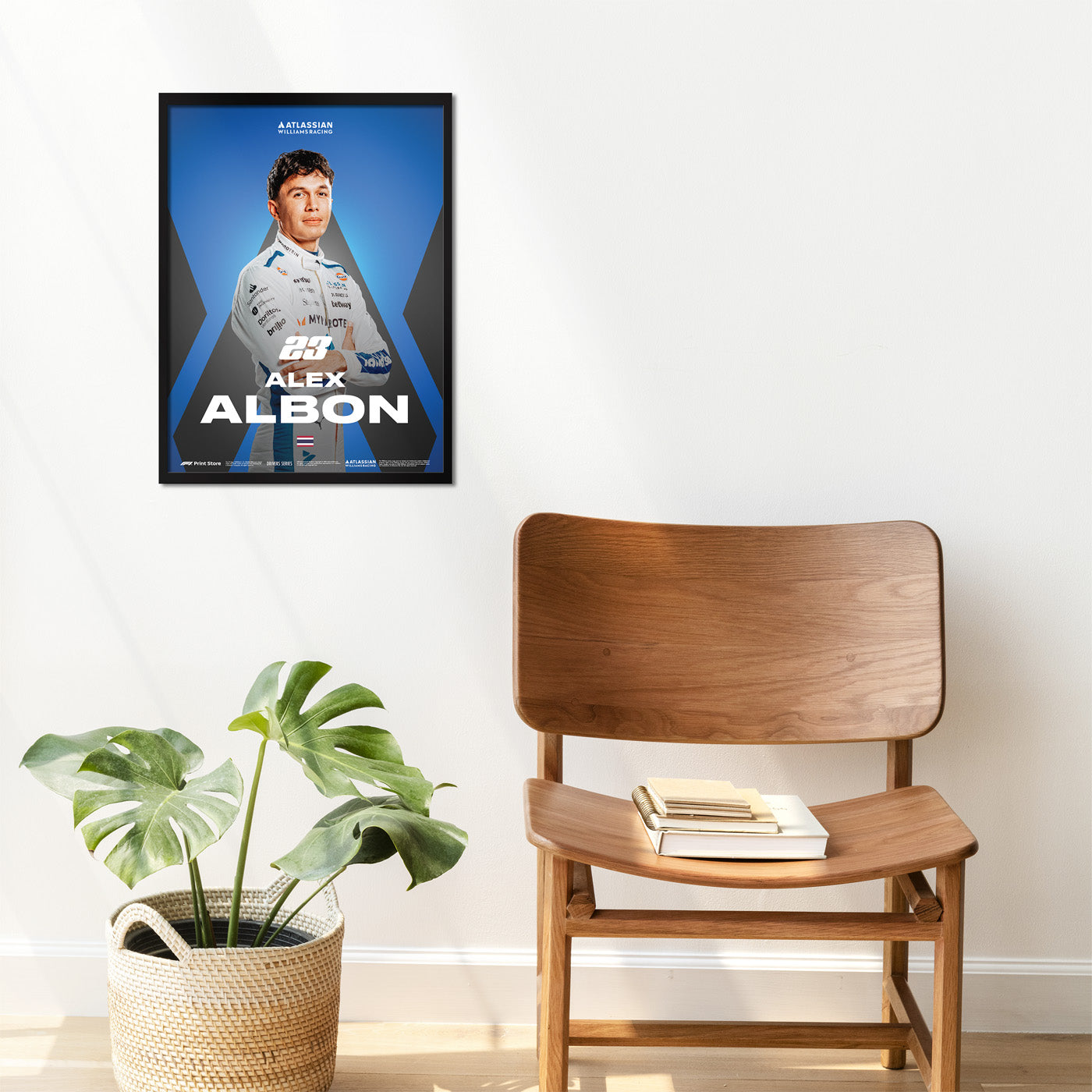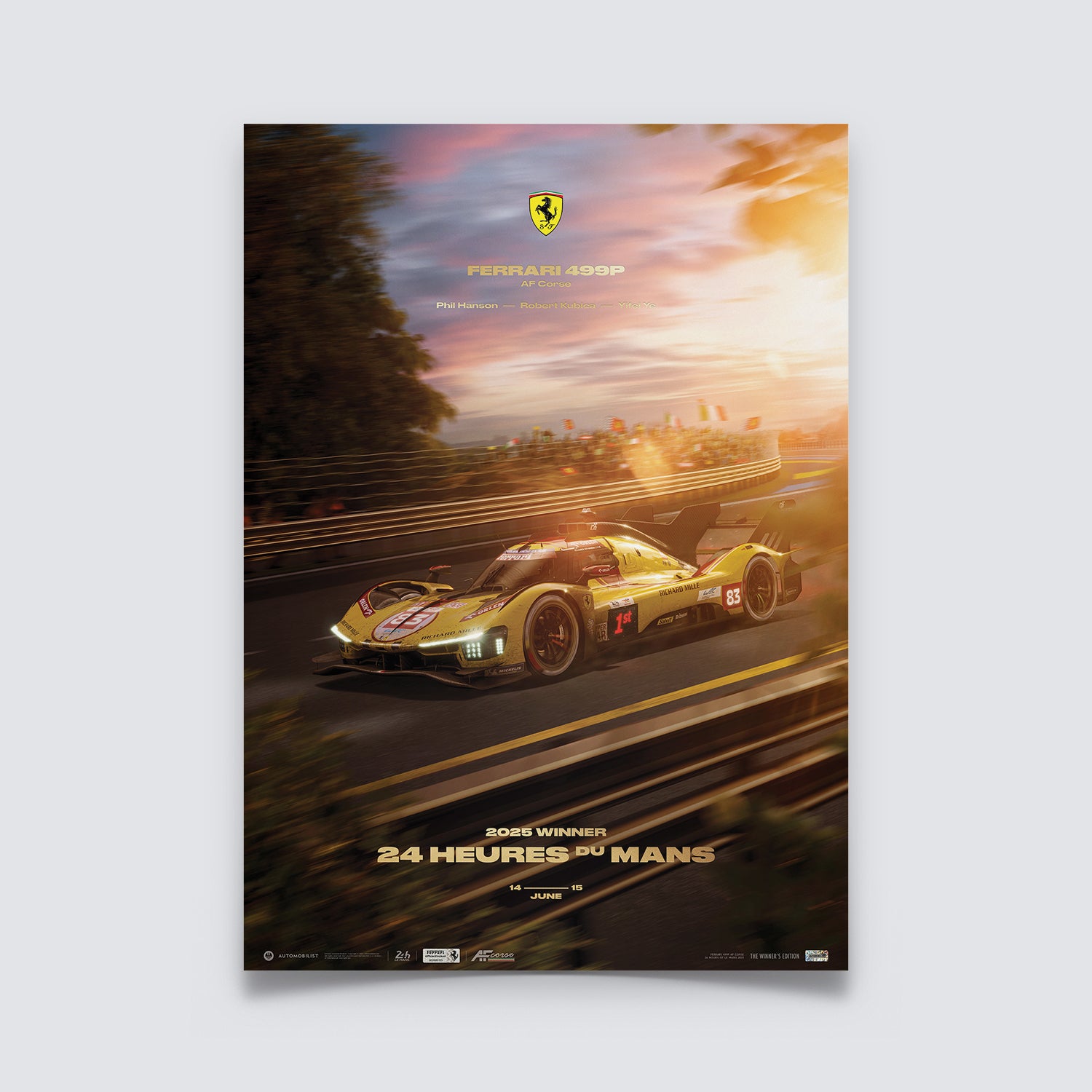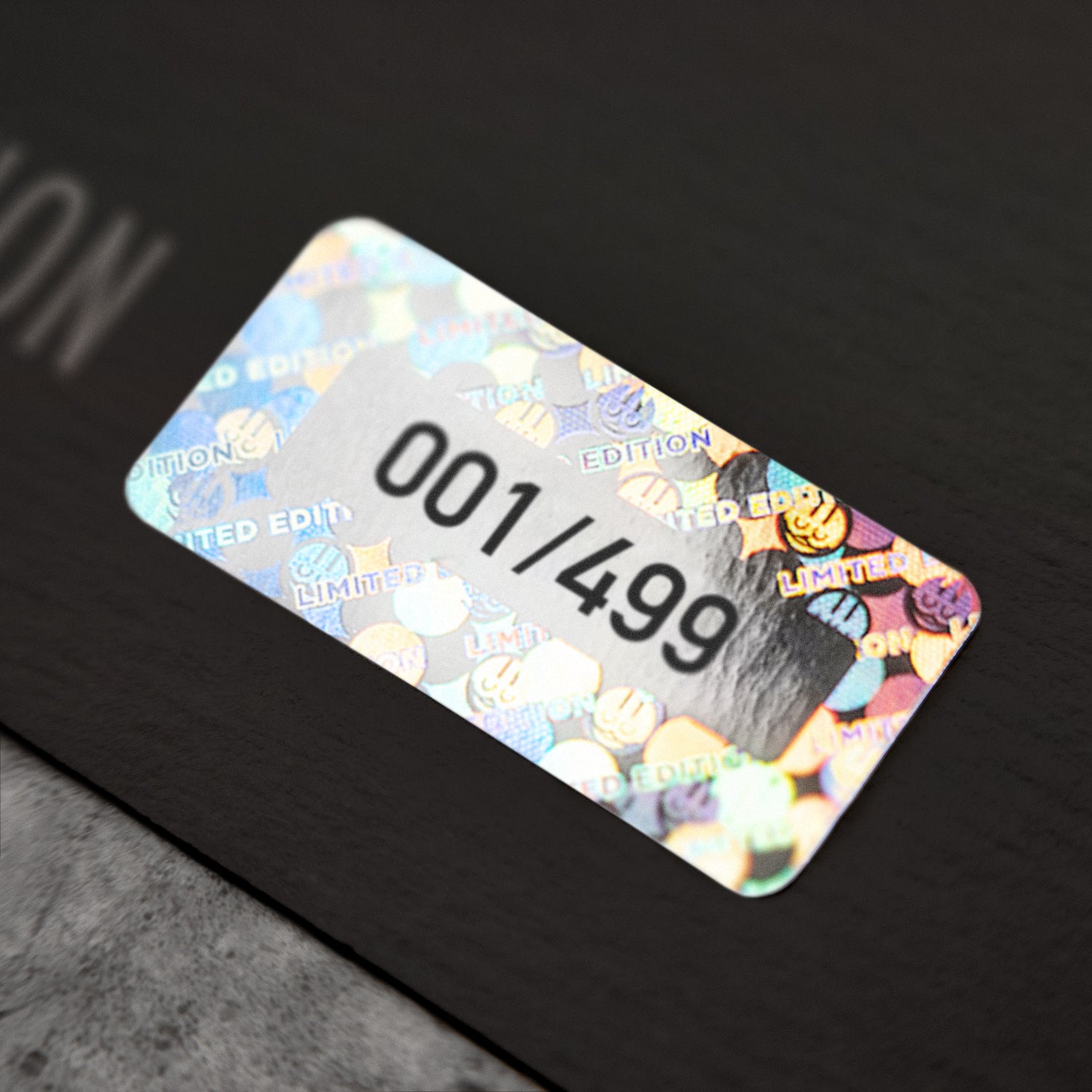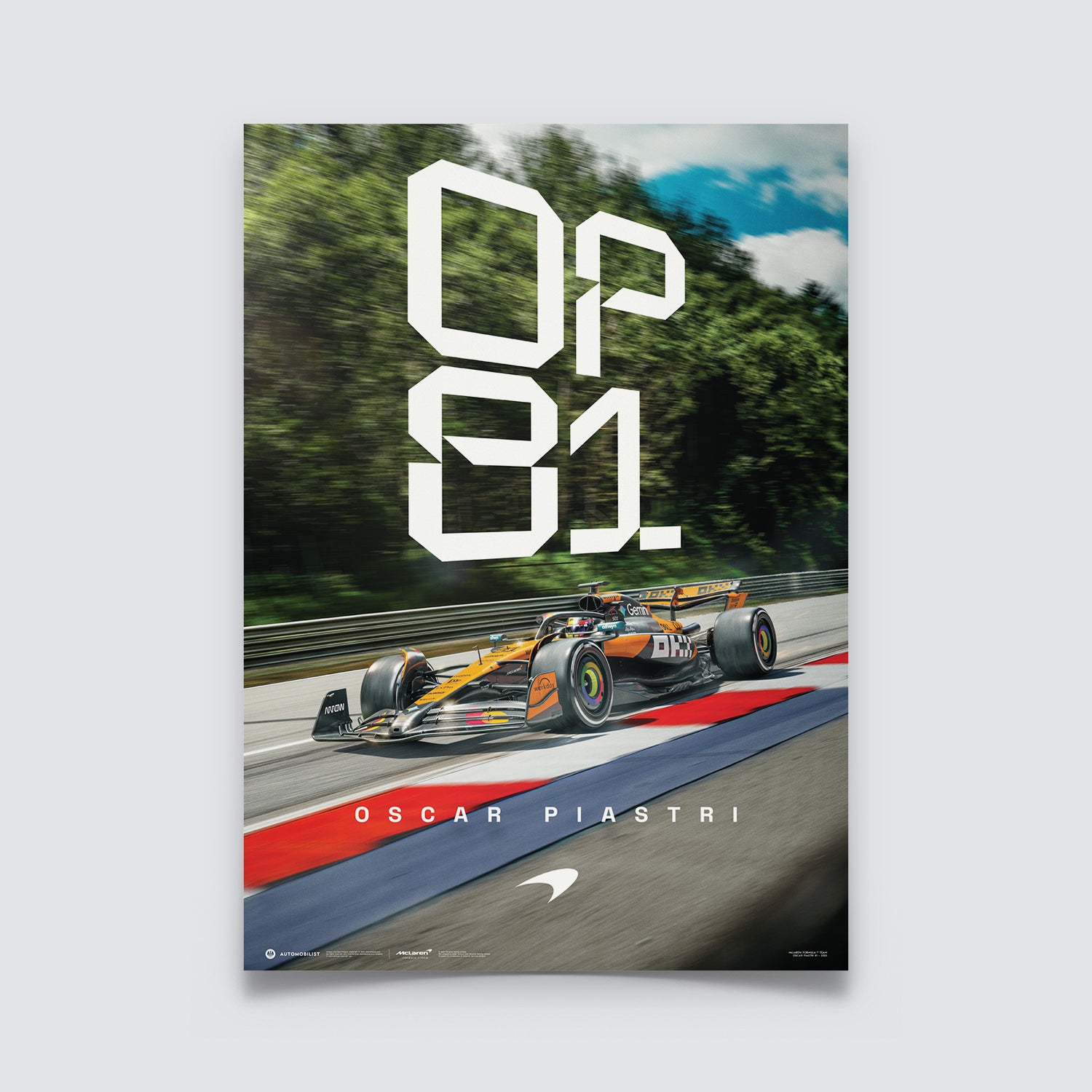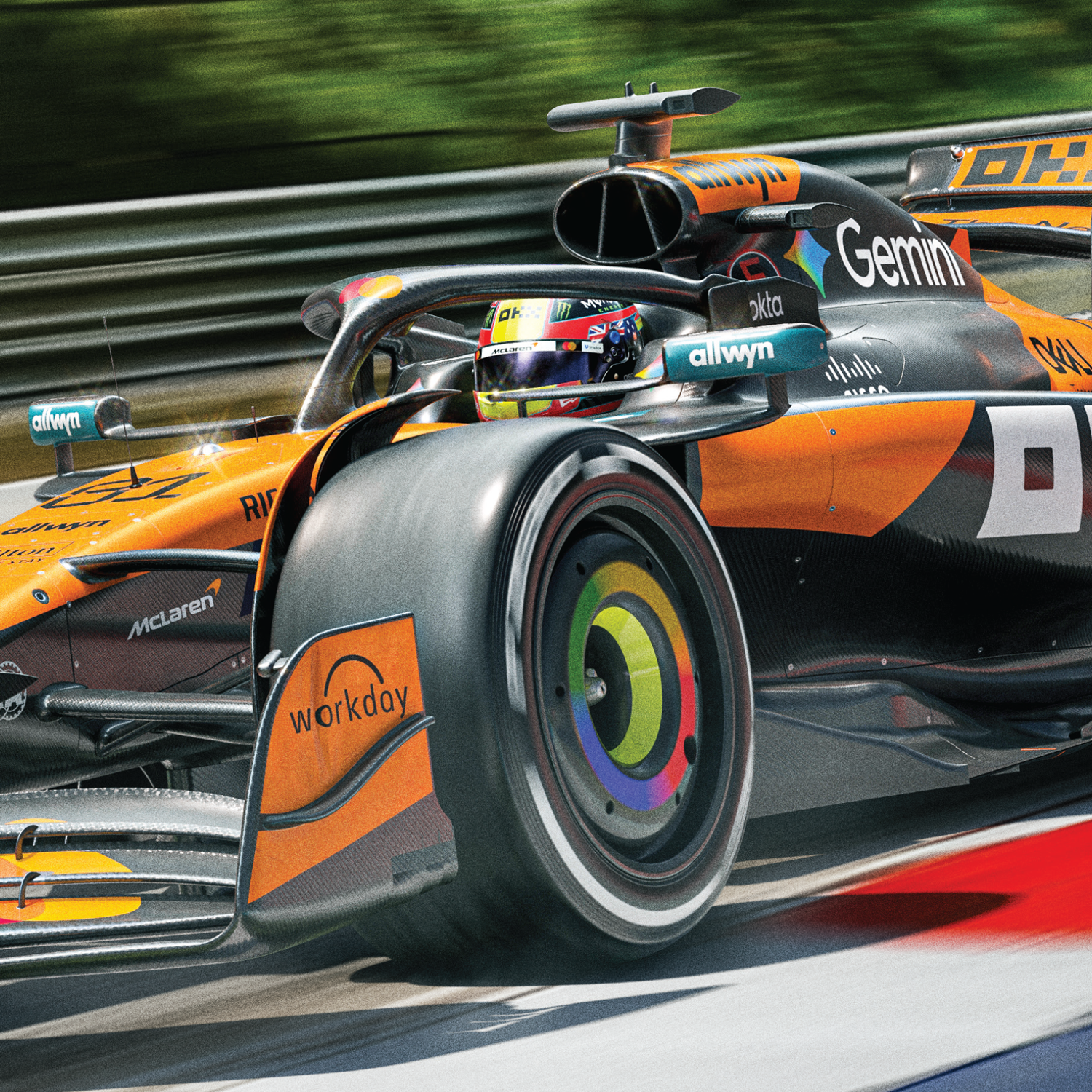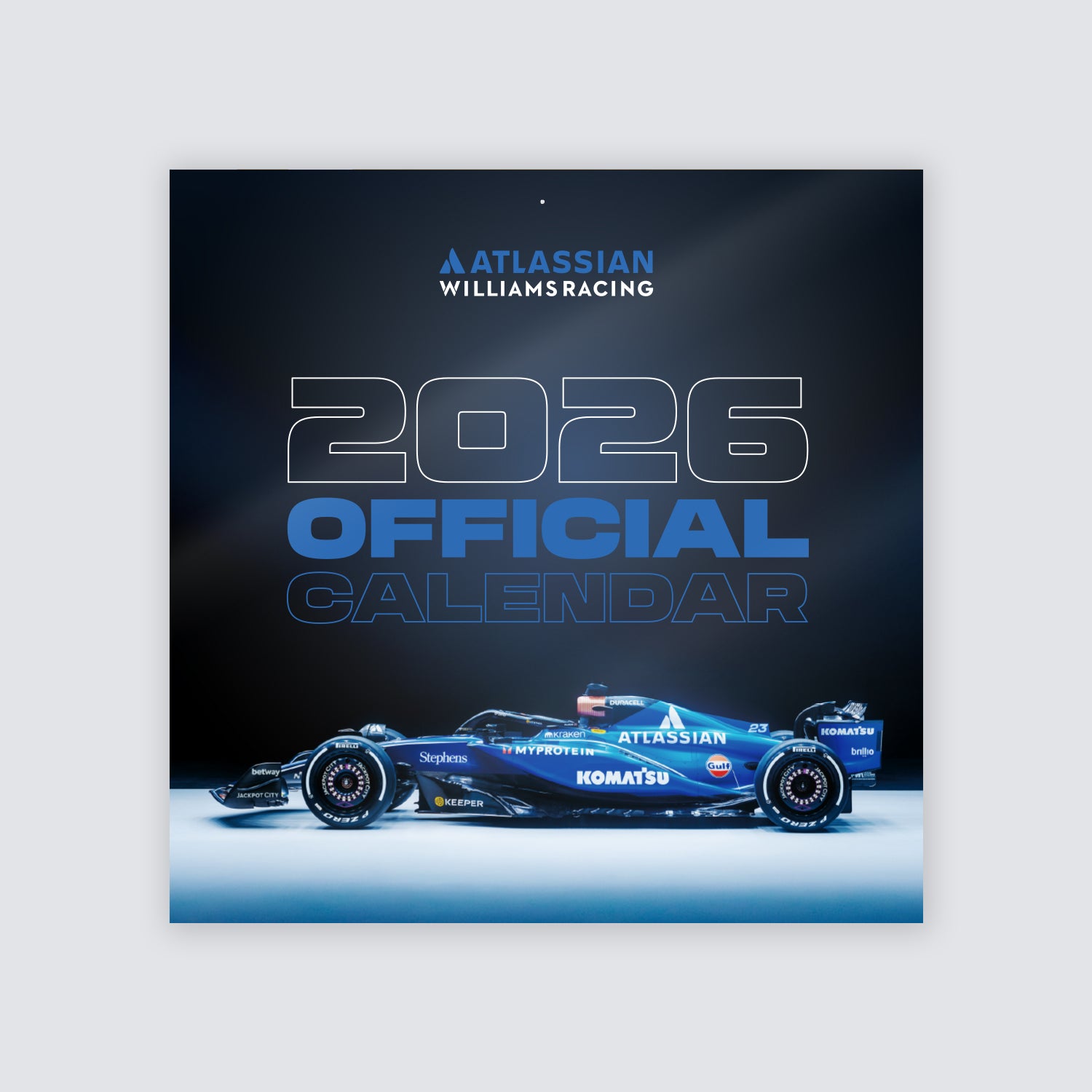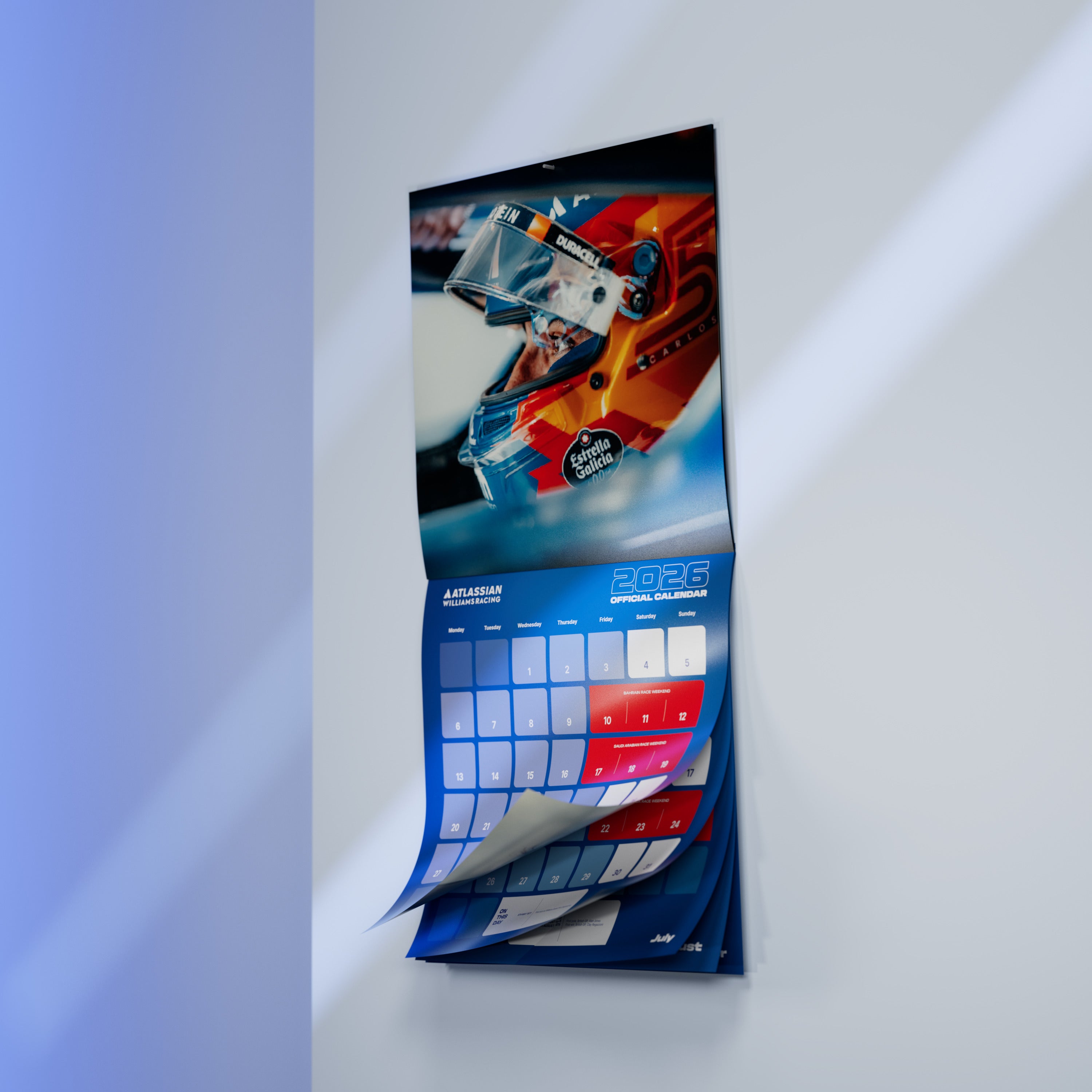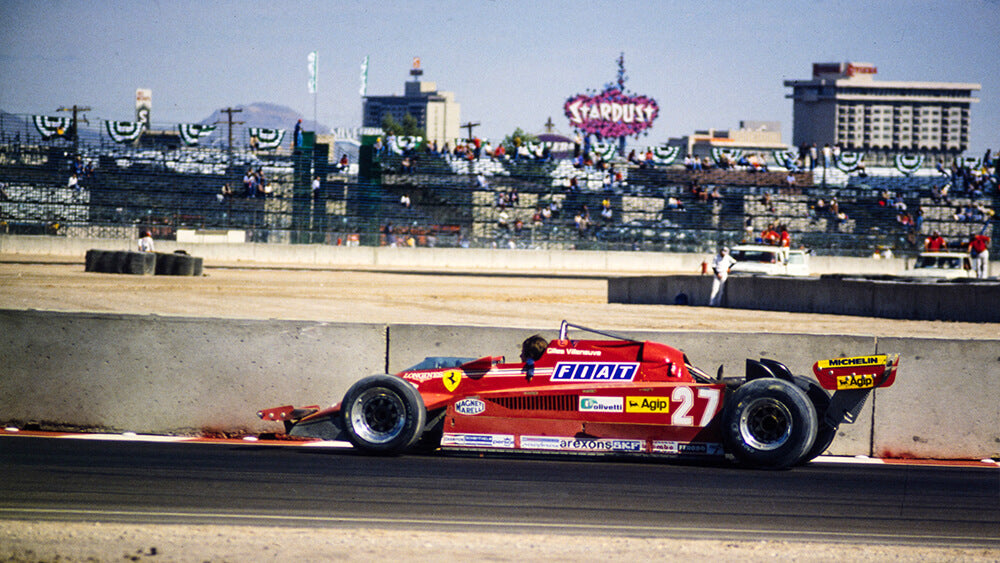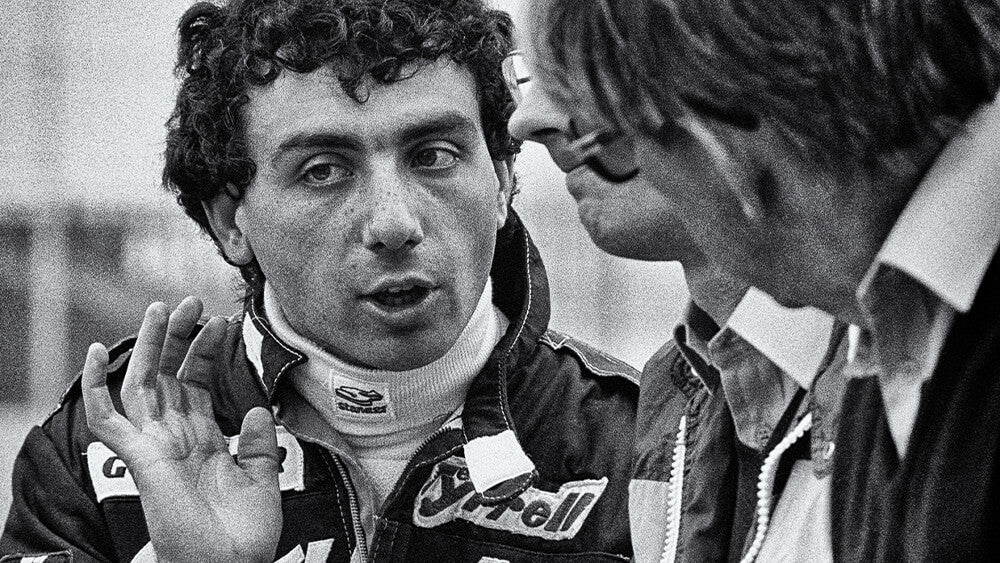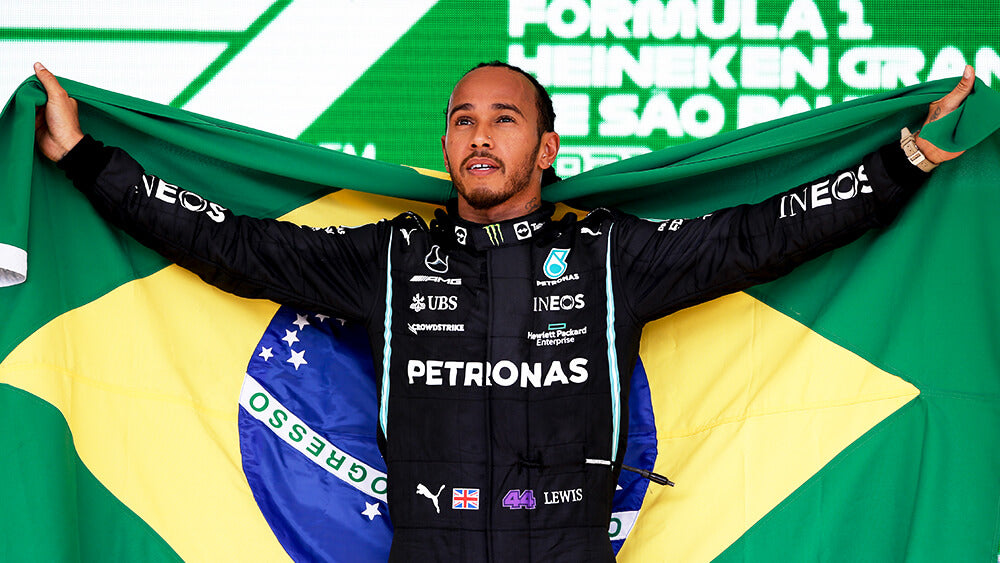There’s something appealing about the simplicity of David Coulthard’s helmet design as featured in the Automobilist poster. We cut up with our brand ambassador - no easy feat as he’s always on the move – to talk about it and other topics.
Automobilist: Since retiring from driving in Formula 1 in 2008 you’re still very driven. Tell us what keeps you going?
David Coulthard: After I retired I went straight into working in television with the BBC, firstly as a pundit, giving expert opinion and then that role developed into being a commentator. During that first year, I realised there was an opportunity within the TV production world and I identified two people within that industry. Together we started a new business with the aim of really raising the level of TV sports production. That’s how Whisper Films started and today we are one of the largest productions companies in the UK. We cover a wide range of sports from women’s football, women’s rugby, Formula 1, the W Series, Sail GP a new sailing championship, as well as documentaries and some branded content. So it’s been great to see that, despite my not knowing anything about television, I was able to be the catalyst that brought this business to the fore.
In conjunction with that, I’ve continued to work with different brands and various businesses that want to utilise the fact that “once upon a time” I was a grand prix driver. That career is perfectly demonstrated in the Automobilist poster which features a helmet from my McLaren-Mercedes years and all of this journey which brought me to this point today.

Automobilist: What sort of insights can you bring to commentary, from your time as a driver?
DC: It’s interesting having made the transition from a driver, being interviewed by many different international broadcasters. What I realised is that, to be on the other side of the camera as an interviewer is a very different experience. When you are being interviewed, you just wait for the question, think of an answer, you talk and you leave. But to actually ask a question which could be interesting and different to what the driver has been asked before is quite difficult. So I realised that was too difficult for me, so I asked the obvious questions: “how do you feel,” “what was the challenge!” Clearly, I’m not a journalist, but over the years I’ve learned about television and how it works and in the end you want to get the best out of the individual.
Automobilist: You drove for Williams, McLaren and Red Bull. What experiences stand out as truly memorable?
DC: The journey as a whole is most memorable. I went from a small village in Scotland with around 350 inhabitants to travelling the world for the past 25 years. I’ve met people from all over the world and that was the richest rewards. As a driver, the goal was to win races and I was very lucky to drive for good teams and achieve that. But in the end, a trophy doesn’t mean anything, but the experience, the interaction, the sharing of good and sometimes difficult times with people is what brings you a lot in life. Formula 1 was one of the best universities in life.
Automobilist: You had several battles with Michael Schumacher, but ironically the moment that sticks in most people’s mind is when you flipped him the finger at the 2000 French GP. What are your memories of racing against him?

DC: Michael is the most successful driver in the history of Formula 1, a winning machine,” he says. “We had a kind of turbulent relationship when we were racing on track, sometimes perfectly polite and friendly. Other times he was quite angry, like at Spa ’98 (Belgian GP) when he crashed into the back of me and I was quite angry with him. And then in Magny-Cours (French GP) in 2000 when he was really aggressive and I had to really fight to take the lead at that Grand Prix and I think it’s fantastic that the helmet in the Automobilist poster is from that era. I think it was a very strong part of my racing career. In the end I had a great deal of respect for Michael and it seems he also had respect for me, because we were able to exchange racing helmets. I have one of his helmets in my home and it has a nice message about all the battles and all the fun we had, because we did have some good fun, off track as well and some good memories, because sport takes you to the extremes of emotion. If its success everyone’s happy and with failure some people can’t handle that, so it’s a rollercoaster ride.

Automobilist: A word for anyone who has bought this poster of your helmet?
DC: I would say thank you for recognising the journey I had in Formula 1. This particular era was particularly successful for me, a winning period of my career. I spent nine years with West McLaren Mercedes as it was known at that time and it was a very intense period, with Mika (Hakkinen), Michael (Schumacher), with Lewis (Hamilton) coming into the team as a young driver. So there was a lot of excitement around that period and it certainly takes me on a memory journey to that time in Formula 1 when we had naturally aspirated, high-revving engines and it was I think, with Michael and Mika, for the spectators and for me, watching from my cockpit, as they battled for the championship was something special.
Images Courtesy Hoch Zwei / Automobilist

